Climate Futures Symposium
Participants
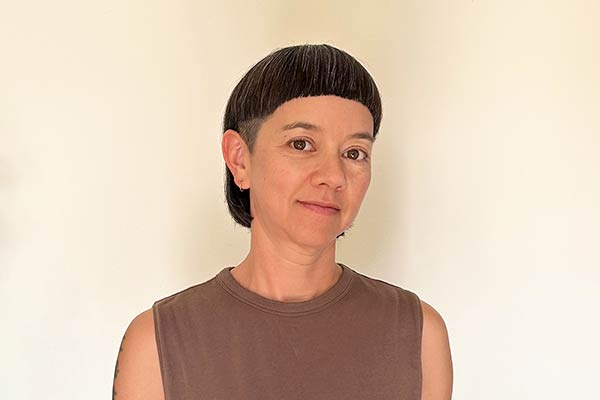
Ellie Abrons is a licensed architect, principal of T+E+A+M, Director of the Digital Studies Institute at the University of Michigan, and Associate Professor of Architecture at Taubman College of Architecture and Urban Planning, where she was the A. Alfred Taubman Fellow in 2009–2010. Ellie’s research and creative practice is focused on the intersections of materiality, technology, design, and construction–with an emphasis on material reuse, the culture of images, and the effect of ubiquitous digitality on architectural culture and production. Recently, these interests have begun to coalesce around housing and urban technology, with a focus on equitable access to affordable housing. In addition to her time at Michigan, Ellie has held teaching appointments at Princeton University, UCLA, and the University of Hong Kong and received residency fellowships at the Akademie Schloss Solitude and MacDowell. Her work has been exhibited at the Venice Biennale, the Chicago Architecture Biennial, Storefront for Art and Architecture, a+d Museum, Yale University, Harvard University, Princeton University, and the Architectural Association. Ellie’s writing has been published in Log, MAS Context, a+u, and numerous edited volumes. T+E+A+M was a participant in the 2016 U.S. Pavilion exhibition at the Venice Biennale, winner of the 2017 Adrian Smith Prize for the Ragdale Ring, and a participant in the 2017 Chicago Architecture Biennial. T+E+A+M currently has projects under construction in Detroit and Hanover, NH on the campus of Dartmouth College.
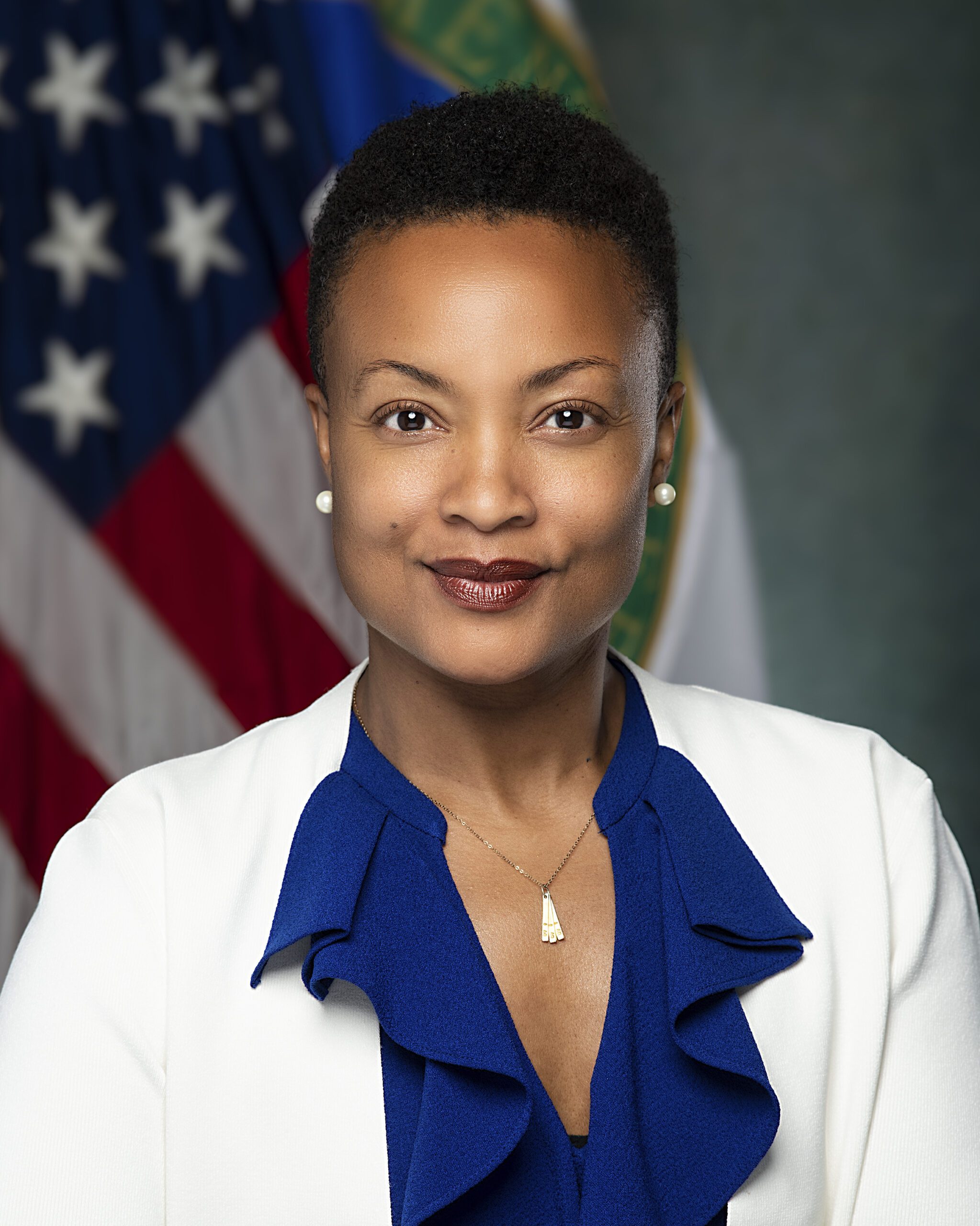
Shalanda H. Baker is the inaugural vice provost for sustainability and climate action at the University of Michigan. Before joining U-M, Shalanda served as the director of the Office of Energy Justice and Equity, secretarial advisor on Equity, and chief diversity officer at the U.S. Department of Energy. Previously, Shalanda was a professor of law, public policy, and urban affairs at Northeastern University. She holds a B.S. in political science from the Air Force Academy and a juris doctor from Northeastern University. She has written over a dozen articles, book chapters, and essays on renewable energy law, energy policy, and international development. She was awarded a 2016-17 Fulbright-García Robles grant to explore Mexico’s energy reform, climate change, and indigenous rights. Her book, Revolutionary Power: An Activist’s Guide to the Energy Transition, argues that energy policy is the next domain to advance civil rights (Island Press 2021).
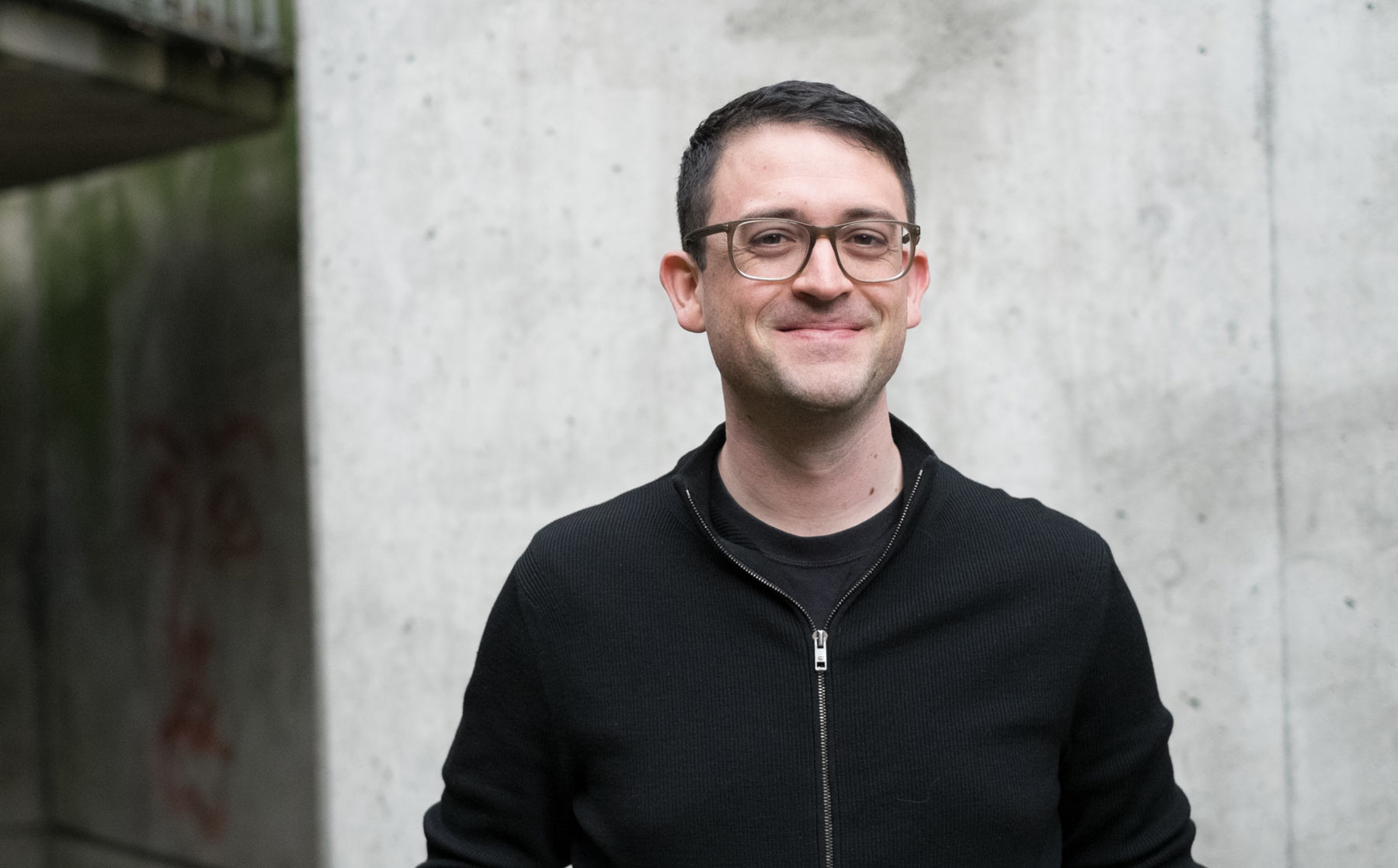
Bryan Boyer is cofounder of the architecture and strategic design studio Dash Marshall, as well as Associate Professor of Practice in Architecture and Director of the new Bachelor of Science in Urban Technology degree at Taubman College of Architecture and Urban Planning.
Boyer’s professional background mixes design, technology, and government innovation. At Dash Marshall he runs the studio’s strategic design practice, working with clients such as Google, Sidewalk Labs, IKEA, Bloomberg Philanthropies, and the Museum of Modern Art to understand and envision the ways in which technology enables urban ways of life. Previously Boyer was cofounder of Helsinki Design Lab, a design team within the Finnish Innovation Fund and one of the first design teams working at a national level, with a focus on policy issues such as carbon reduction, education, welfare services, and economic development. He started his career in technology by designing and programming user interfaces and for a number of early stage startups.

Alice Bucknell is an artist and writer in Los Angeles. Their recent work has focused on creating cinematic universes within game worlds, exploring the affective dimensions of video games as interfaces for understanding complex systems, relations, and forms of knowledge. Their work has appeared internationally at Ars Electronica with Transmediale, Arcade Seoul, the 18th Venice Architecture Biennale, Gray Area in San Francisco, Singapore Art Museum, and Serpentine in London. Their writing appears in ArtReview, e-flux architecture, frieze, Flash Art, the Harvard Design Magazine, and Mousse. In 2024, they are a grantee of the Graham Foundation for Advanced Studies in the Fine Arts, recipient of the Collide Residency at CERN and Copenhagen Contemporary, and artist-in-residence at EPFL’s Enter the Hyper-Scientific research residency program in Lausanne. Bucknell received an MA in Contemporary Art Practice from the Royal College of Art and a BA in Anthropology from the University of Chicago. They are currently faculty at SCI-Arc in Los Angeles.
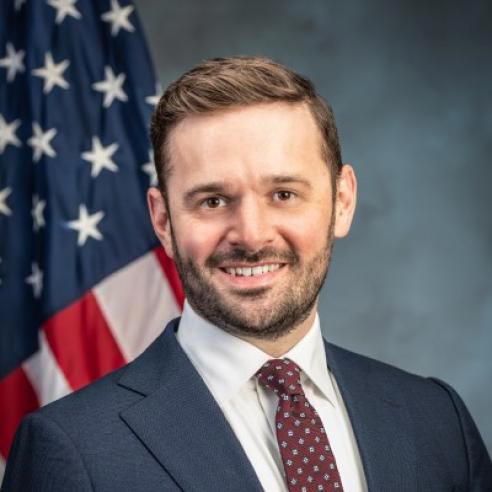
Kevin Bush is a public sector executive and advisor focused on working to build stronger, more equitable, and resilient communities. During his career, holding senior federal and local government leadership roles, he has developed and managed diverse teams of over 180 staff and budgets exceeding $90 billion. He currently leads the Cadmus Group’s Resilient Infrastructure Practice where he primarily supports FEMA, U.S. DOT, and HUD. He is also the program manager for DOT’s new Reconnecting Communities Institute, a center for learning to help reconnect communities that were cut off from opportunity by transportation infrastructure. He was appointed by President Biden to serve as the deputy assistant secretary for grant programs at the HUD, where he oversaw a multi-billion-dollar portfolio of housing and community development programs. He also served on the Hurricane Sandy Rebuilding Task Force and the White House Council on Environmental Quality during the Obama administration. He holds a master’s of urban planning from the University of Michigan and a bachelor’s in business from Michigan State University.
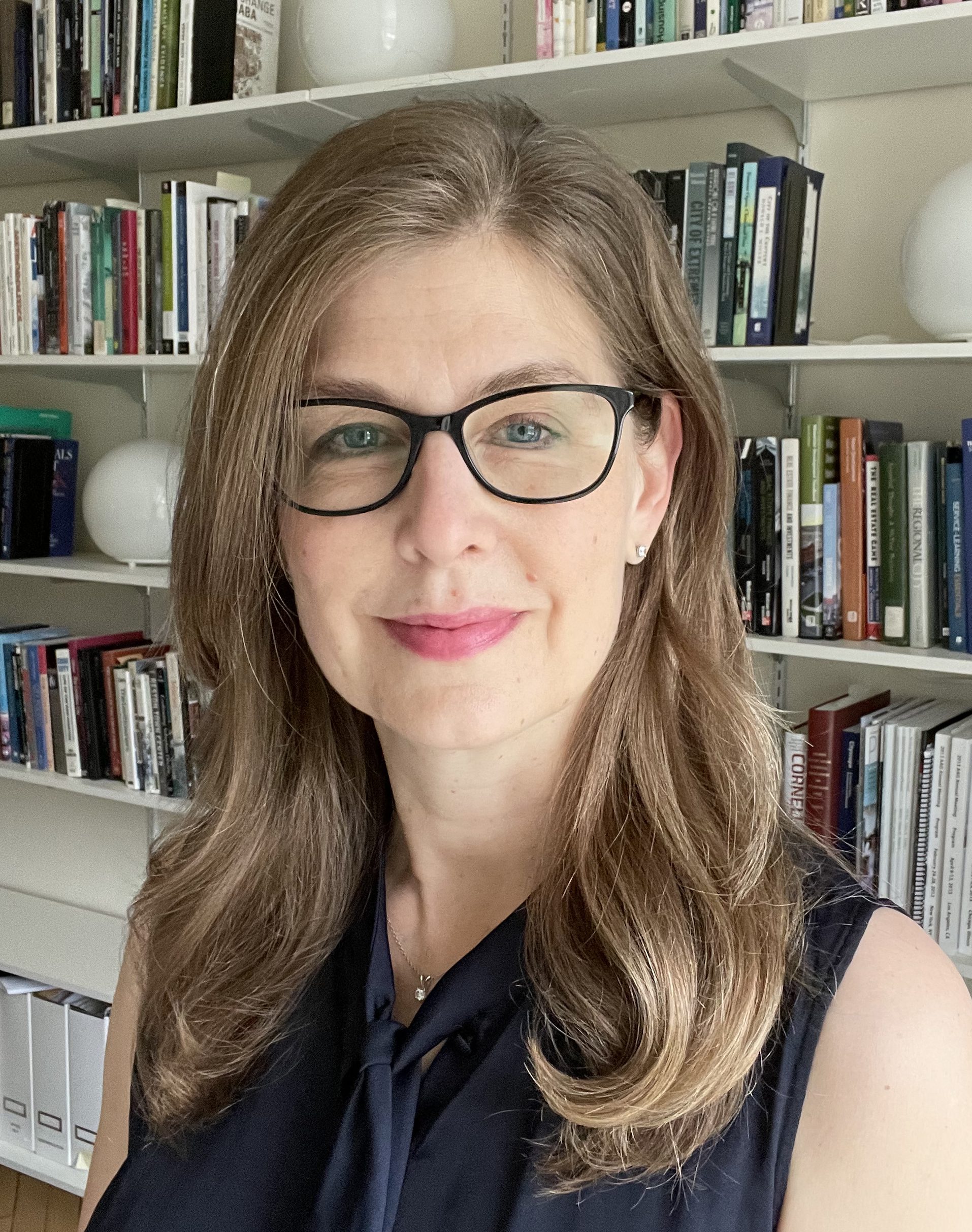
Suzanne Lanyi Charles holds a joint appointment as an associate professor in the Department of City and Regional Planning and the Rubacha Department of Real Estate at Cornell University. Her teaching and research examine the factors that affect households’ access to stable and affordable housing. Charles won a Fulbright U.S. Scholar award to Belgium to collaborate with the Real Estate Financial Complex research group at KU Leuven on her study of institutional real estate investment in housing and its effects on tenants, neighborhoods, and housing markets. She has received grants from the U.S. Department of Housing and Urban Development and Harvard University. Charles worked as an architect in Paris and Chicago and as a real estate consultant at the Weitzman Group in New York City. She previously held faculty appointments at the University of Michigan and Northeastern University.
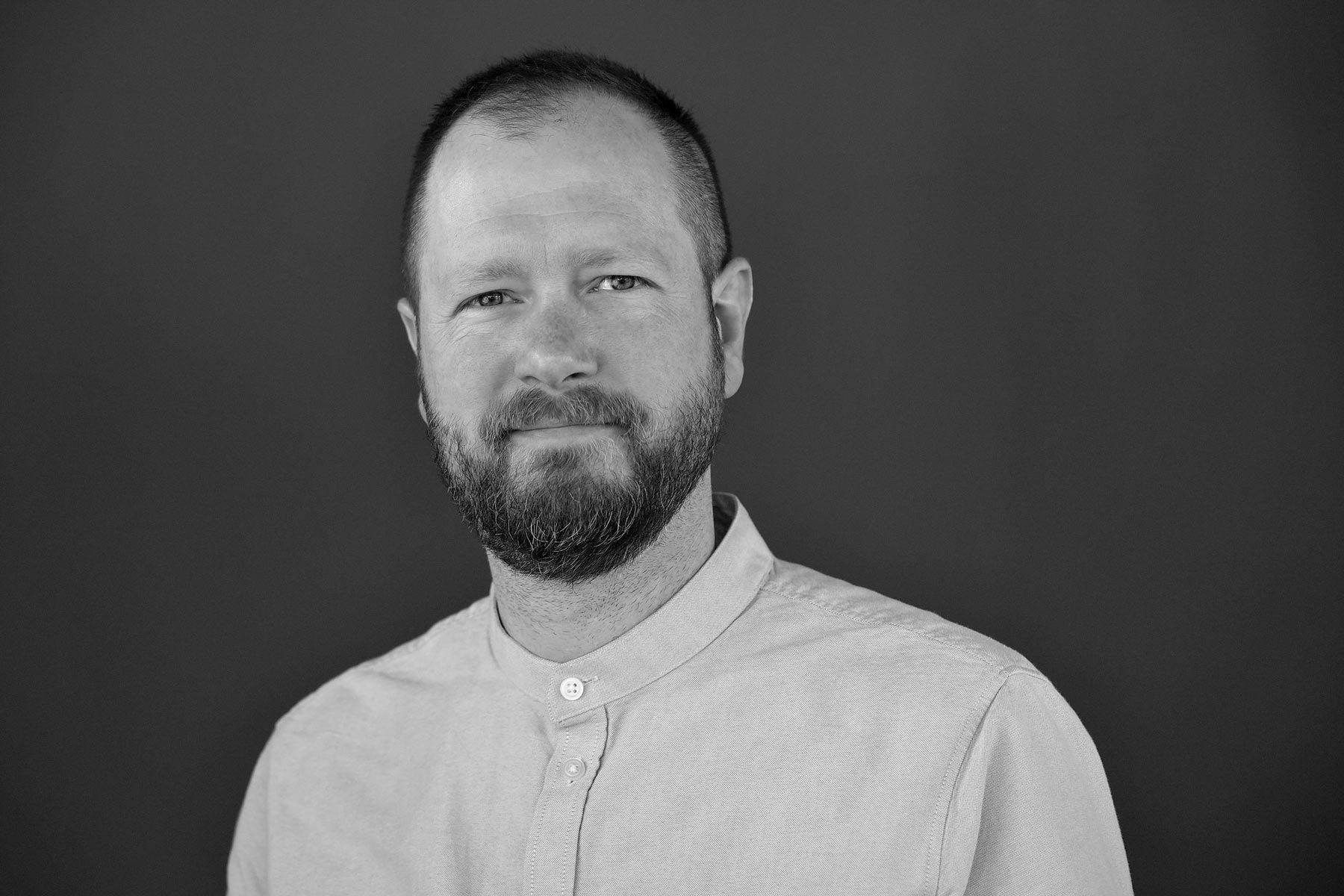
McLain Clutter is an associate professor at the University of Michigan’s Taubman College of Architecture and Urban Planning. As an architect, Clutter’s work focuses on the role of architecture within the multidisciplinary milieu of contemporary urbanism, and the interrelations between architecture and media culture. His work has been featured in Grey Room, Thresholds, MONU, 306090, the Journal of Architectural Education, Plat, The Avery Review, ARPA Journal, the edited volume Formerly Urban: Projecting Rustbelt Cities, and other publications. He has exhibited work in international venues, including the 7th Bi-City Biennale of UrbanismArchitecture in Shenzhen, the Architecture League of New York, Materials & Applications in Los Angeles, and others. Clutter’s design and research has been awarded an Architect Magazine R+D Award in 2015, ACSA Faculty Design Awards in 2015 and 2018, and other honors. His research has received support from the Graham Foundation for Advanced Studies in the Fine Arts. Clutter’s book, Imaginary Apparatus: New York City and its Mediated Representation was published by Park Books in 2015. He is a Registered Architect in the state of Michigan, and a member of the Editorial Board for the Journal of Architectural Education.
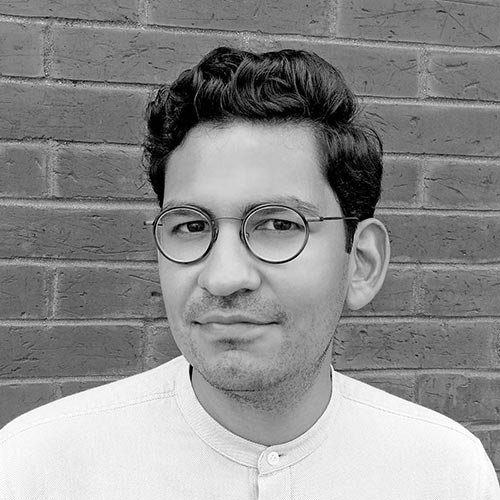
Gabriel Cuéllar is an assistant professor in architecture. His design-research focuses on collective landholding practices, housing justice, contemporary environmental politics, and the role of architecture in struggles for spatial justice. He is an architect, urban designer, and educator. Since 2016, and together with Athar Mufreh, Gabriel co-directs Cadaster, a spatial practice that develops design frameworks to support organizations driving systemic change. His writing has appeared in publications by Sternberg Press and Routledge, as well as the journals Oase and Footprint. Gabriel has contributed to projects exhibited in the Canadian Centre for Architecture, the Netherlands Architecture Institute, the House of World Cultures, Architecture Center Houston, The New School Parsons School of Design, the University of Michigan, and City College of New York. Prior to establishing Cadaster, which was awarded the Architectural League Prize in 2018, he worked in architecture and urbanism offices in Zurich, Paris, Amsterdam, Houston, and New York City. He was previously Swanson Visiting Assistant Professor and an Oberdick Fellow at Taubman College and a Professor-in-Practice at the University of Minnesota. Gabriel earned a bachelor of architecture from Carnegie-Mellon University and a master of architecture from the Berlage Institute in Rotterdam.
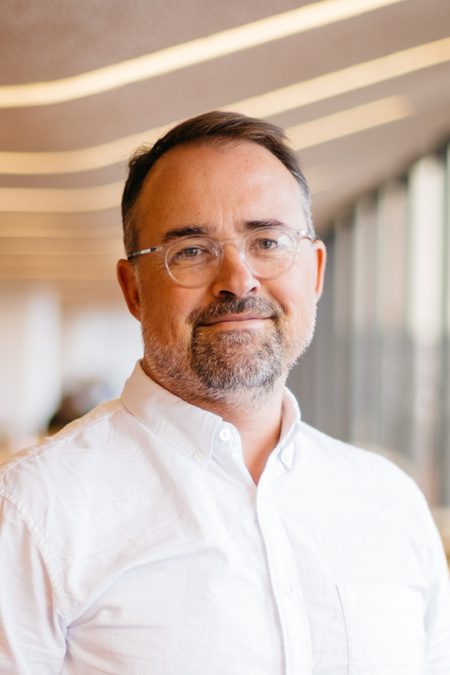
Kelly Alvarez Doran is a father, architect, educator, and activist. His holistic approach to the design of the built environment has been shaped by his experiences working across the world first in the resource development sector and at MASS Design Group’s East African office where led the design and implementation of several projects. In 2020, Kelly established the Half Research Studio at the University of Toronto to catalyze a conversation around the embodied carbon and life cycle impacts of buildings in Canada. The graduate-level studio has engaged over 20 leading offices, trained 34 students, and published internationally acclaimed research. The studio’s research underpinned the embodied carbon policies co-authored by Kelly that were adopted by the City of Toronto in 2023. Kelly is a regular speaker, writer, and advocate for the integration of life cycle assessments into design thinking. He is a Senior Fellow of Architecture 2030, and a member of the Royal Architectural Institutes of Canada’s Committee of Regenerative Environments.
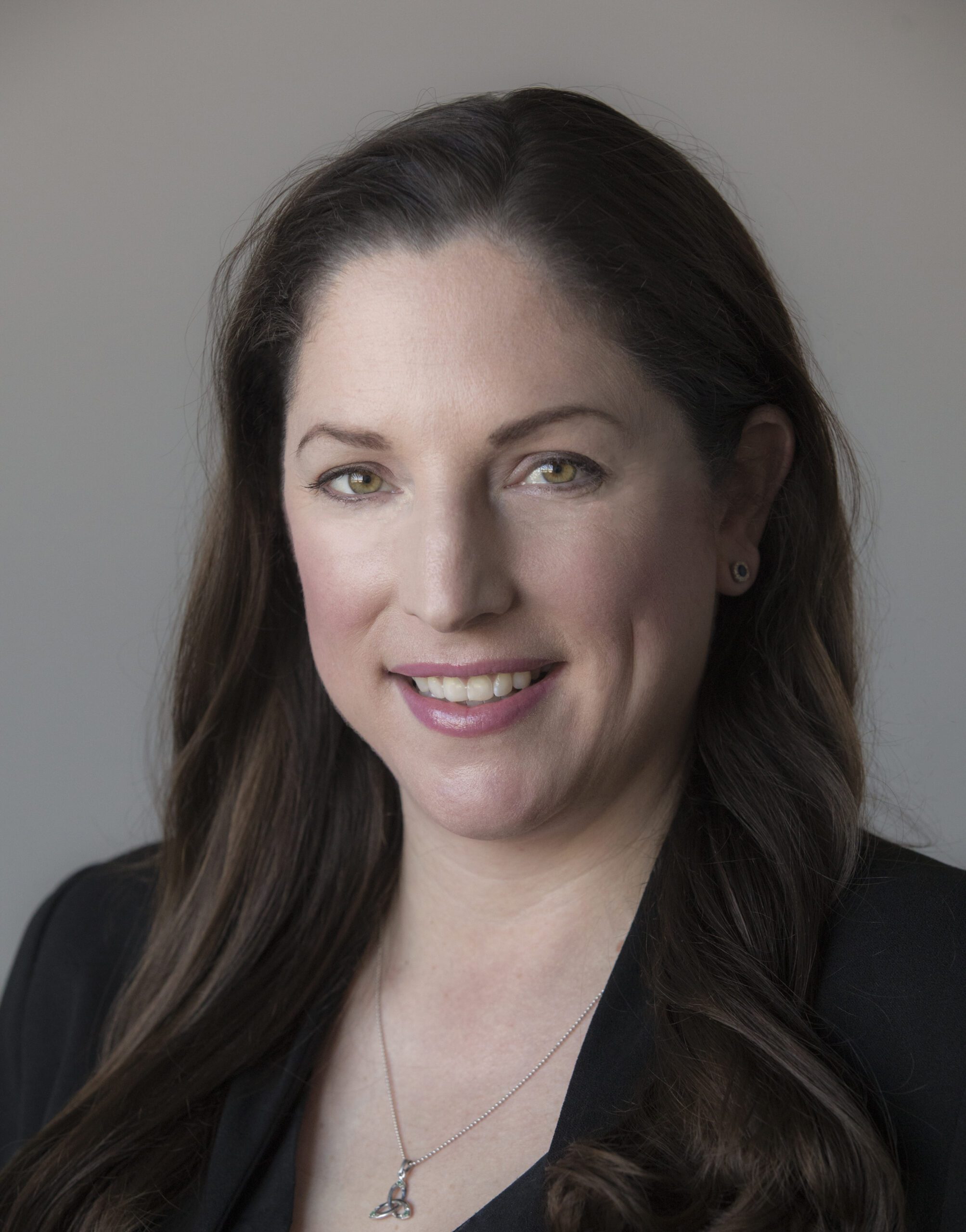
Kerry C. Duggan is a CEO, sustainability expert, corporate board director, angel investor, faculty member, executive producer, national political advisor, and the former climate advisor to President Joe Biden. In 2017, she founded SustainabiliD, a strategic advisory firm, providing coaching and consulting services to CEOs and entrepreneurs with a mission to equitably solve the climate crisis. Duggan serves on several corporate boards and various climate tech advisory boards. At the University of Michigan, she is a faculty member at the School for Environment and Sustainability (SEAS). She holds appointments with the Secretary of Energy’s Advisory Board (SEAB) and Governor Whitmer’s Council on Climate Solutions. From 2010 to 2017, Duggan held roles in the Obama administration. She has a B.S. in environmental studies from the University of Vermont and an M.S. in natural resource policy & behavior from U-M’s School for Environment & Sustainability.
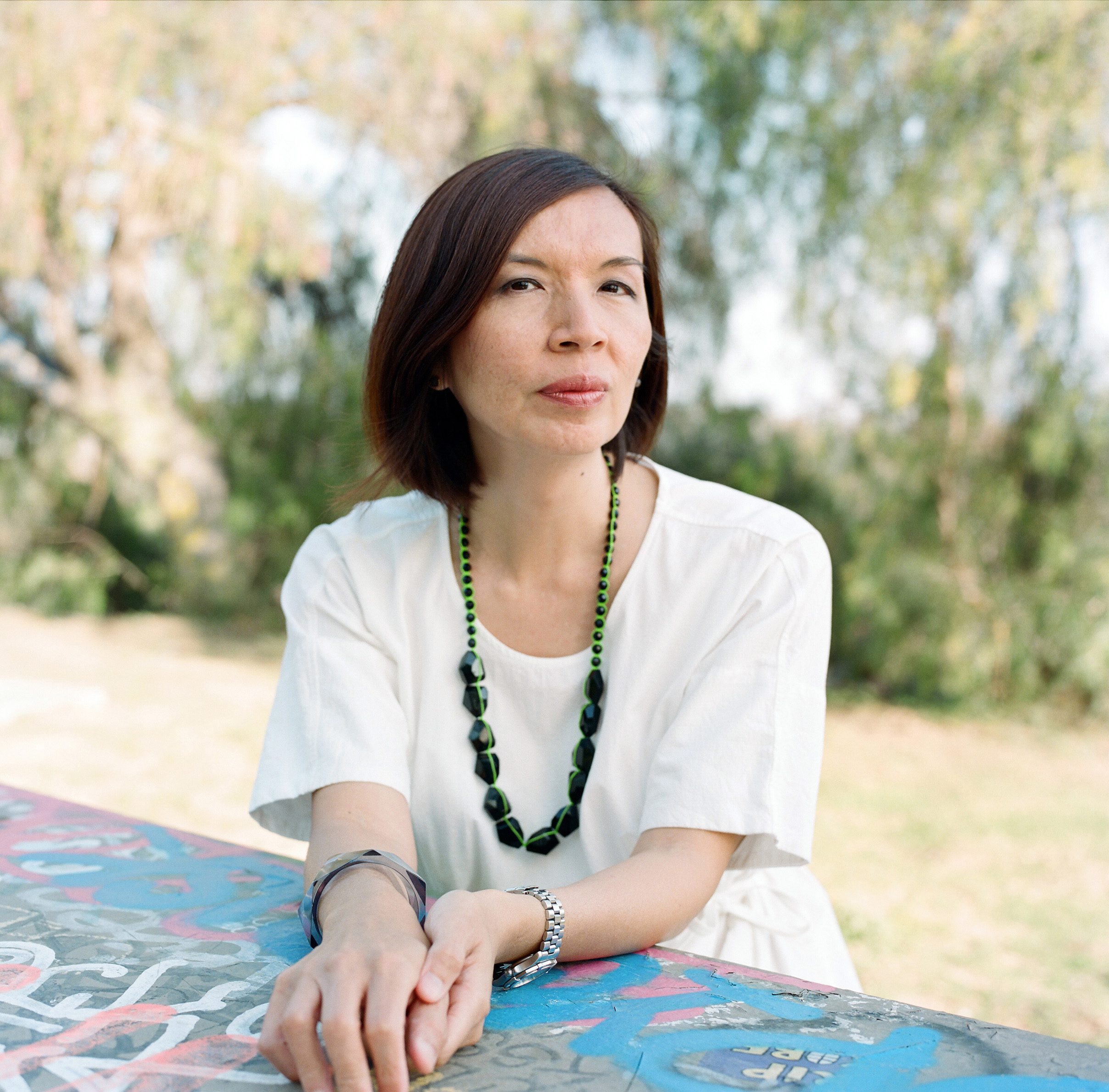
Kian Goh is an associate professor of urban planning at the University of California, Los Angeles, and an associate faculty director of the UCLA Luskin Institute on Inequality and Democracy. She researches urban ecological design, spatial politics, and social mobilization in the context of climate change and global urbanization. She is the author of Form and Flow: The Spatial Politics of Urban Resilience and Climate Justice (The MIT Press, 2021).
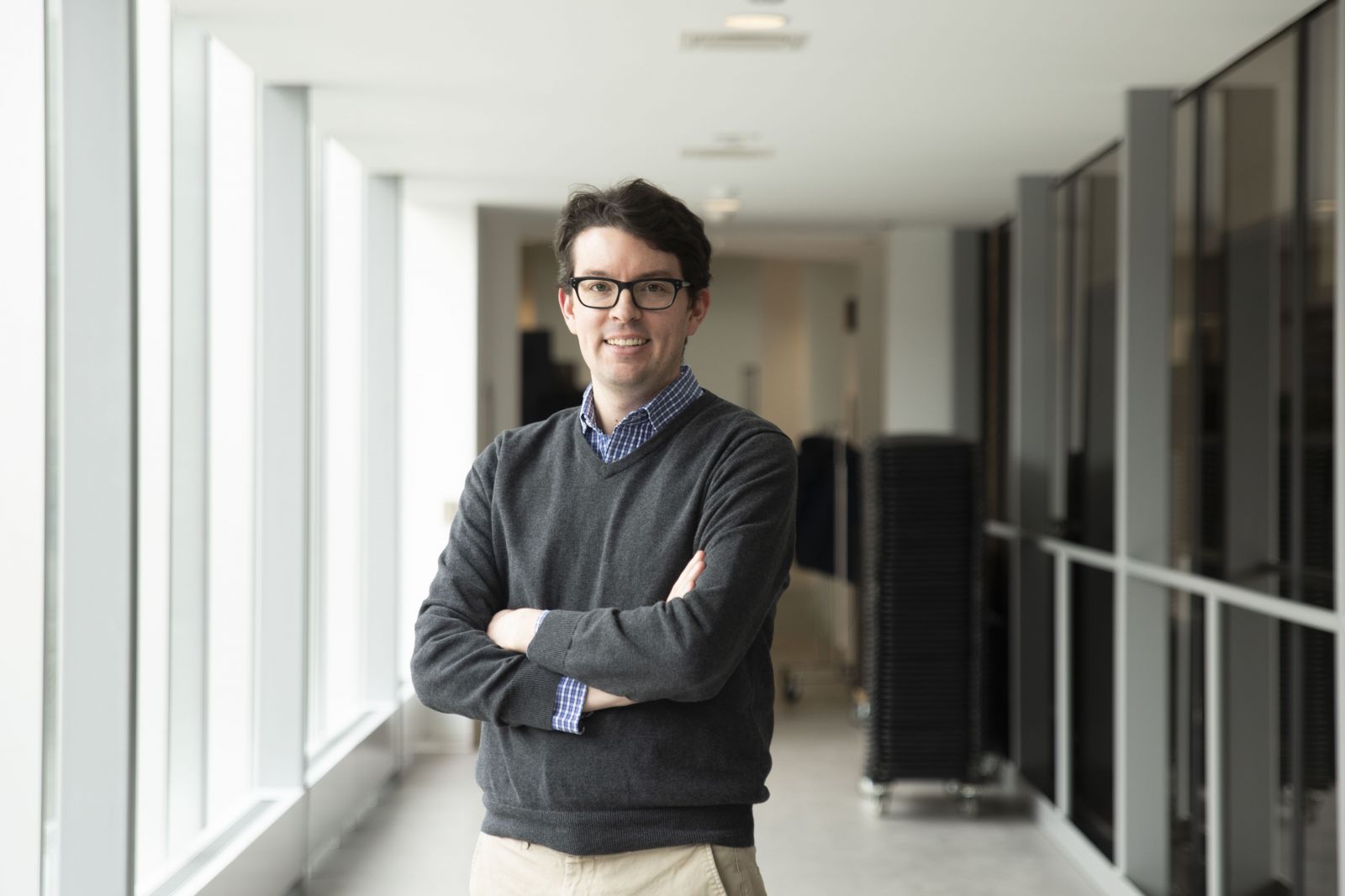
Robert Goodspeed is an Associate Professor of Urban Planning. He teaches in the areas of geographic information systems (GIS), collaborative planning, and scenario planning theory and methods. His research investigates how new information technologies can be used to improve the planning process and planning outcomes, and involves mixed-methods studies of innovative urban planning practice, the use of GIS to develop novel methods, and theoretical analysis of sociotechnical practices like crowdfunding and smart cities. He was named a Leading Thinker in Urban Planning and Technology by the website Planetizen.
He holds a Ph.D. in urban and regional planning from the Massachusetts Institute of Technology, an M.C.P. from the University of Maryland, and a B.A. in history from the University of Michigan. His dissertation, which examined the use of planning support systems in spatial planning, received the 2013 Donald Schön Award for Excellence in Learning from Practice from the Association of Collegiate Schools of Planning. His undergraduate thesis, a case study of Detroit’s Gratiot Area Redevelopment Project from the early 1950s, sparked his interest in cities and urban planning.

Anika Goss is CEO of Detroit Future City (DFC), which is focused on land use and sustainability, community and economic development, and economic equity in Detroit. Anika leads a team of experts to implement the DFC Strategic Framework, a 50-year guide to decision-making and investment in Detroit. Anika has led the development of several research studies, including the 2021 release of “The State of Economic Equity in Detroit.” She has awarded over $330,000 in grants aimed at accelerating vacant land revitalization in Detroit. Anika joined the DFC after nearly 25 years of leadership in national and local roles in community development and nonprofit management. Crain’s Detroit named Anika to its “Most Influential Women,” “Notable Women in Nonprofits,” and “Forty under 40” lists. Anika has a master’s degree in social work from U-M and a bachelor’s of sociology and African-American studies from Purdue University.
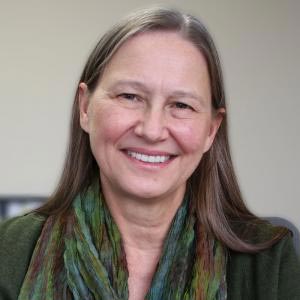
Jennifer Haverkamp, director of U-M’s Graham Sustainability Institute, is an internationally recognized expert on climate change, international trade, and global environmental policy and negotiations. She is also a professor from practice at Michigan Law School and a professor of practice at the Gerald R. Ford School of Public Policy. Previously she served as visiting professor of practice at Cornell Law School, as well as executive in residence at Cornell’s David R. Atkinson Center for a Sustainable Future. She was a special representative for environment and water resources in the U.S. Department of State and in 2016 led U.S. climate negotiators to a successful international agreement under the Montreal Protocol to decrease global use of hydrofluorocarbons, a potent greenhouse gas. She also facilitated a successful agreement by the International Civil Aviation Organization to adopt the first-ever global market-based measure to address aviation carbon emissions. She earned a law degree from Yale Law School, was a Rhodes Scholar earning a master’s degree in politics and philosophy at Oxford University and majored in biology at the College of Wooster.
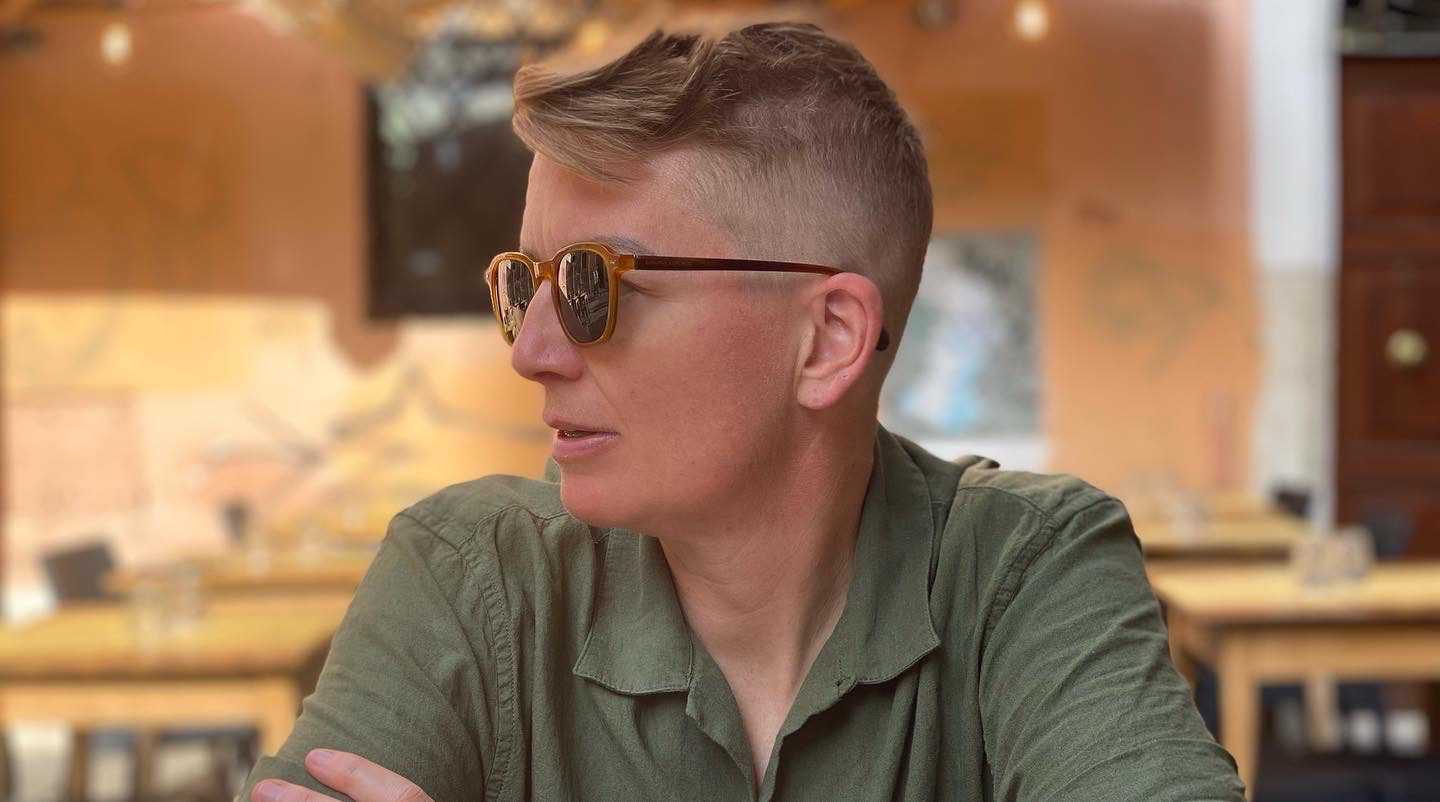
Mél Hogan is the host of The Data Fix podcast, the director of the Environmental Media Lab (EML), and an associate professor in the Department of Film & Media at Queen’s University in Ontario, Canada. Her research focuses on data infrastructure, extractive AI, and genomic media — each understood from within the contexts of planetary catastrophe and collective anxieties about the future.
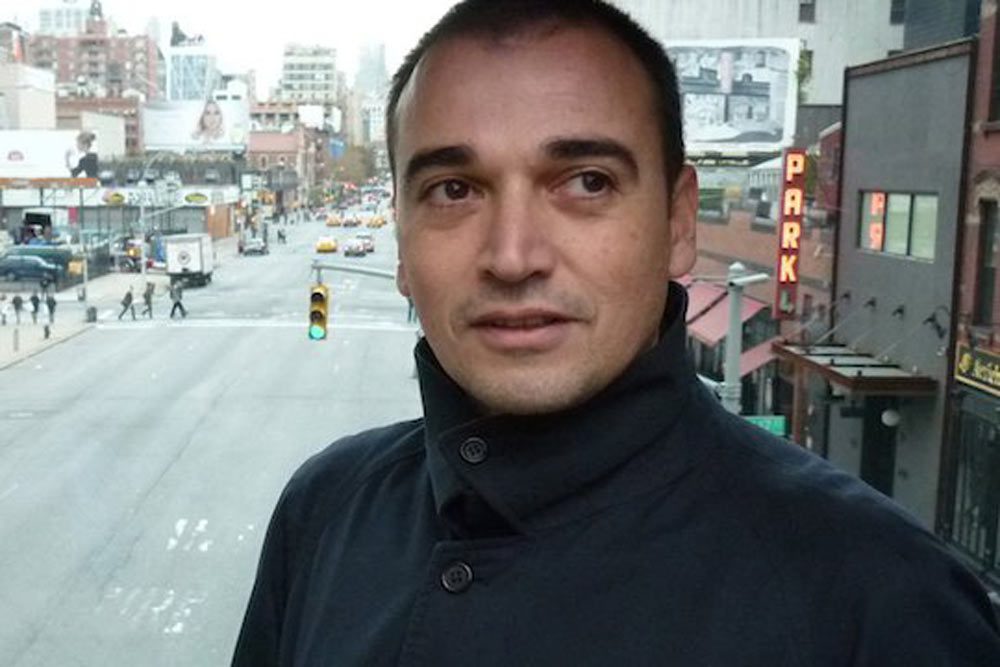
El Hadi is an associate professor of architecture and the director of the master of urban design at the University of Michigan. He is founding partner of the practice DESIGN EARTH with Rania Ghosn. His research investigates aesthetic forms of environmental engagement to visualize how urban systems transform the Earth. DESIGN EARTH has exhibited widely in venues such as the US Pavilion at the Venice Architecture Biennale, the Sharjah Biennial, the Times Museum in Guangzhou, the Museum of Art, Architecture and Technology in Lisbon. The work of DESIGN EARTH has been collected by the Museum of Modern Art. It has been awarded prizes internationally, including the Architectural League of New York’s Prize for Young Architects + Designers, Jacques Rougerie Foundation’s First Prize, and Association of Collegiate Schools of Architecture Faculty Design Awards. El Hadi is co-author of Geostories: Another Architecture for the Environment (New York: Actar, 2018) and Geographies of Trash (New York: Actar, 2015). He is founding editor of New Geographies and editor-in-chief of NG 4: Scales of the Earth (Harvard GSD, 2010). His recent writings have been published in the Journal of Architectural Education, the Avery Review, Thresholds, Topos, Domus, Abitare, Pidgin, ARQ Magazine, Volume, Harvard Design Magazine, MONU, and San Rocco.

Lydia Kallipoliti is an architect, engineer, and scholar whose research focuses on the intersections of architecture, technology, and environmental politics. She is the director of the MS in Advanced Architectural Design and an associate professor at Columbia University. Kallipoliti is the author of the Architecture of Closed Worlds, Or, What is the Power of Shit (Lars Muller Publishers, 2018) and the History of Ecological Design for Oxford English Encyclopedia of Environmental Science (2018). Her work has been awarded, published, and exhibited widely including the Venice Biennial, the Istanbul Design Biennial, the Shenzhen Biennial, the Oslo Architecture Triennale, and the Royal Academy of British Architects. She is the principal of ANAcycle research think tank and head co-curator of the 2022 Tallinn Architecture Biennale which was the winning project of the year at 2023 Design Educates Awards. Kallipoliti holds a Diploma in Architecture and Engineering from AUTh in Greece, a Master of Science from MIT, and a Ph.D. from Princeton.

Jesse M. Keenan is an associate professor of sustainable real estate and urban planning and director of the Center on Climate Change and Urbanism at Tulane University. Keenan’s research focuses on the intersection of climate change adaptation and the built environment, including aspects of applied science, policy, and planning. Keenan has served as a member of the IPCC and the U.S. National Climate Assessments; led climate research teams at the Federal Reserve and the Commodity Futures Trading Commission; testified and briefed Congress on climate issues; served as Chair of the U.S. Community Resilience Panel for Buildings and Infrastructure Systems under the Obama White House; and is currently serving as a senior economist at the U.S. Army Corps of Engineers where his detail supports interagency climate work across the U.S. government. Keenan’s books include Blue Dunes: Climate Change By Design (Columbia University Press, 2017), Climate Adaptation Finance and Investment in California (Routledge, 2018), and the forthcoming North: The Future of Post-Climate America (Oxford University Press, 2025).
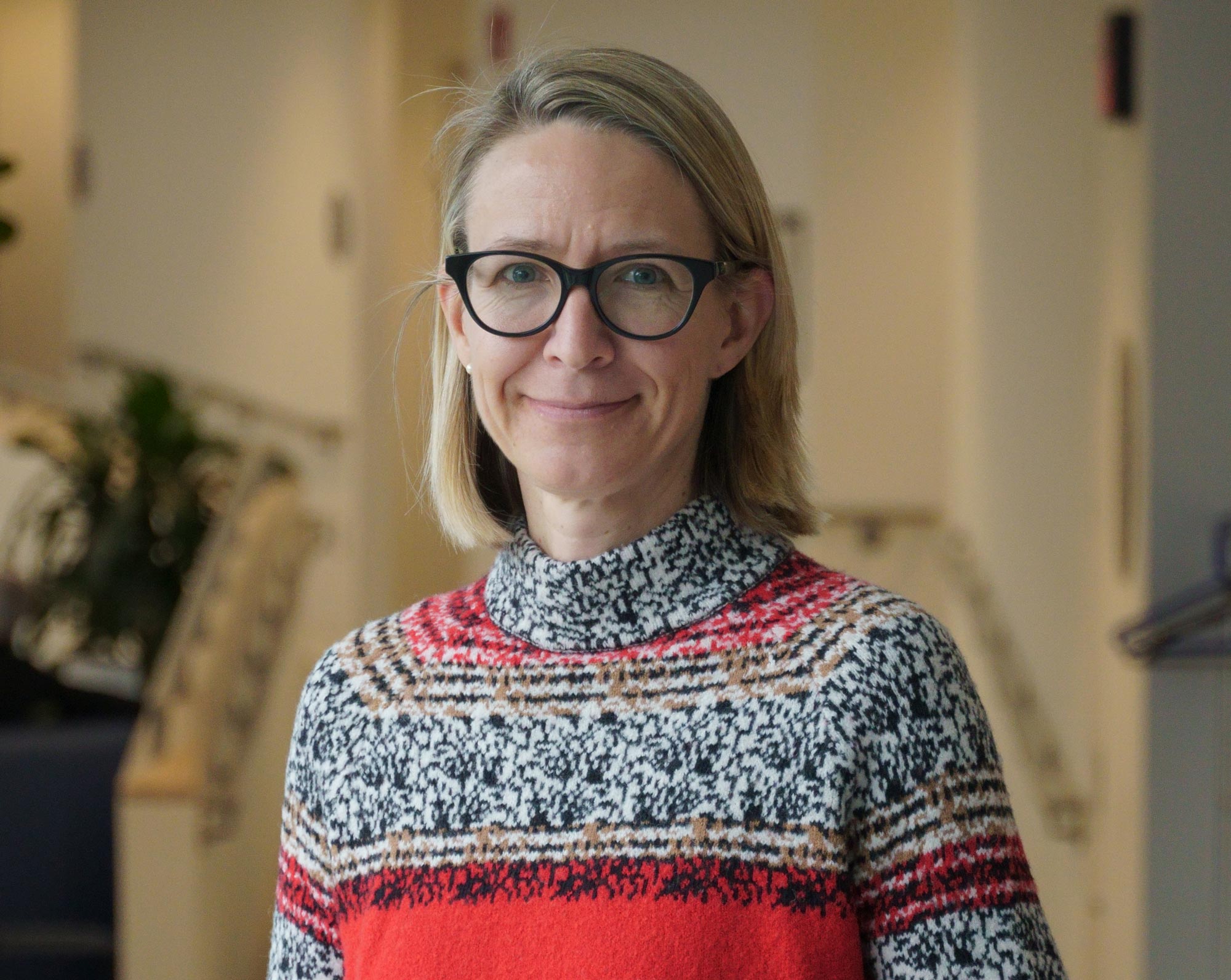
Larissa Larsen is a professor of urban and regional planning at the University of Michigan. She teaches graduate classes in environmental planning, land use planning, and physical planning and design. She also oversees the physical planning concentration within the Master of Urban and Regional Planning (M.U.R.P.) program. Larsen teaches two required classes in the M.U.R.P. program: URP 508 – Spatial Thinking and Environmental Systems and URP 507 – Fundamentals of Planning Practice. She also teaches classes in GIS (geographic information systems) and land use planning.
Larsen’s research focuses on the urban environmental problems of extreme heat/urban heat islands, water pollution and infrastructure, and stormwater flooding. In her research, she documents the magnitude of these environmental problems and ‘tests’ the effectiveness of different design and policy interventions. Her research is highly interdisciplinary and she incorporates many ‘physical/natural/health’ concepts and measures and works with faculty in public health and civil and environmental engineering. In 2014, Larsen began a research collaboration with Dr. Kumelachew Yeshitela at Addis Ababa University in Ethiopia. Together, they have been studying the city’s rapid, low-density development and how this impacts the provision of water and ecosystem services. She is expanding this research beyond Addis Ababa to ask questions about patterns of urbanization and water infrastructure in other East African cities.
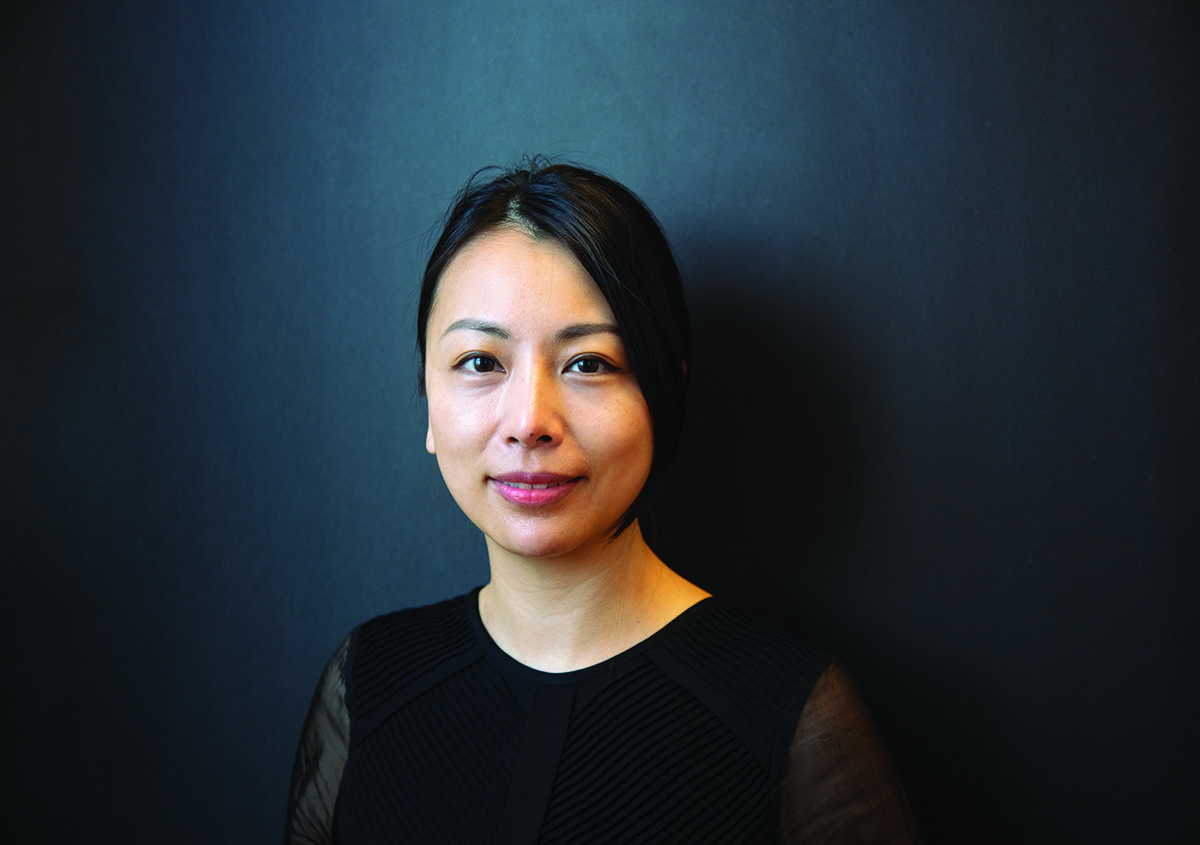
Leslie Lok is an assistant professor at Cornell University Department of Architecture and directs the Rural-Urban Building Innovation Lab. Working with non-standardized material and natural material, her research and teaching explore the intersection of technology, novel material methods, and urbanization. By studying regional behaviors from spatial transformation to local material resources, her work contextualizes design strategies with computational protocols and technologies like augmented reality and mixed reality to customize design and fabrication workflows. Lok is a co-founder at HANNAH, a design practice that focuses on architectural explorations grounded in material expression, digital fabrication, and innovative construction techniques. HANNAH won the 2020 Architectural League Prize. Her work and academic research have been published in book chapters, journals, and at peer-reviewed conferences, and featured in media outlets such as Architectural Record, a+u, the New York Times, Architect Magazine, and Dwell. She earned her Master of Architecture from MIT.

Déborah López and Hadin Charbel are co-founders of Pareid; an interdisciplinary architecture and design research studio. Their work stems from various fields and contexts addressing topics related to climate, ecology, human perception, machine sentience, and their capacity for altering current modes of existence through imminent fictions. Through research and interdisciplinary techno-bashing, projects are narrative-driven while varying in scales and mediums, often positioning themselves within a socio-political discourse as a tool for disruption. They are both associate professors at The Bartlett School of Architecture UCL where they lead Research Cluster 1 in the BPro Program, “Monumental Wastelands.” The cluster focuses on themes of “cli-migration” and “autonomous ecologies” at local and planetary scales. They are residents at Nucleo de Creación y Lengua at Universidad de las Américas in Santiago de Chile, where they develop a project called “Environmental Acceleration.

Duncan MacLellan is a Project Manager in the City of Toronto’s Environment and Climate Division working with existing buildings and infrastructure around the city of Toronto.
With almost 15 years in the energy and climate space, Duncan has previously worked in the conservation departments at Toronto Hydro and other electrical utilities across the Greater Toronto Area. As a graduate of Dalhousie University in Halifax Nova Scotia, he is a Certified Energy manger and has experience on the government, utility, and private contractor side of energy programs. His roles have transformed between policy, program development and delivery across these sectors
Currently, he is responsible for channel partners, new opportunities and external relations for all existing building programs that support buildings in the City of Toronto under TransformTO, working with the general public on creating opportunities to get Toronto to net zero carbon.
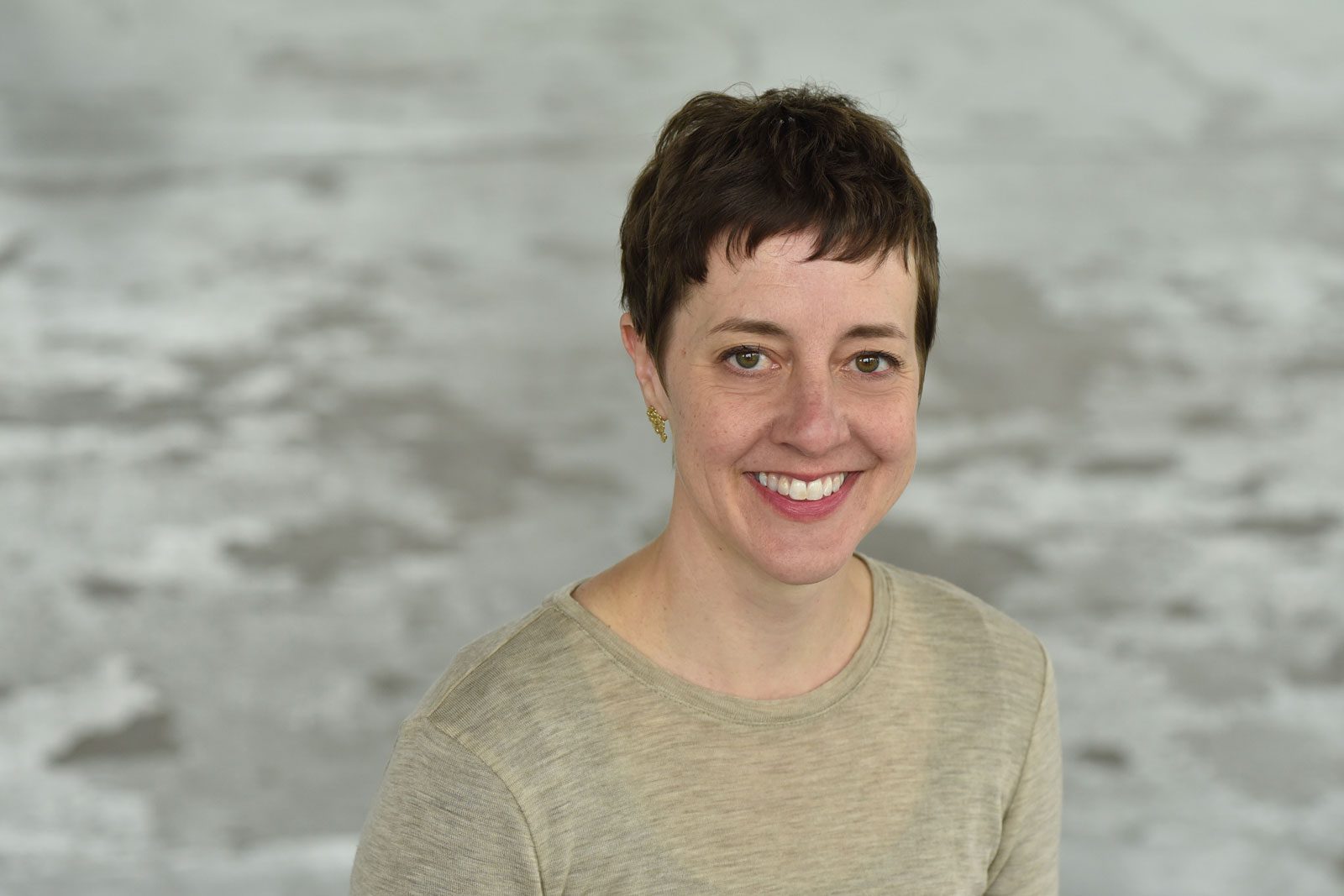
Jen Maigret, AIA, is a Professor and founding principal at PLY+ architecture, urbanism, design. Her education and professional experience within the field of biology and architecture inform her approach to designing architecture as a component of broader environmental systems. She is a licensed architect in the State of Michigan and holds a Master of Architecture from the University of Michigan, a Master of Science in Ecology and Evolutionary Biology from the University of Michigan and a Bachelor of Art in Biology from Hartwick College.
Her teaching focuses on design, construction, and sustainability. In 2020 she and Lars Junghans served as faculty co-leads for the development of proposed carbon neutral Building Standards for the President’s Commission on Carbon Neutrality. In 2021, PLY+ was recognized with an Emerging Voices award by the Architectural League of New York. The Emerging Voices program is an annual invited competition for North American firms and individuals with distinct design voices and significant bodies of realized work, recognizing 8 firms annually. Other work at PLY+ has been recognized with two SARA NY and one SARA National Design Awards of Excellence, several Michigan AIA Honor Awards, a Michigan Masonry Award, an international AIA Faith and Form award and has been published in the summer 2019 issue of AN Interiors magazine
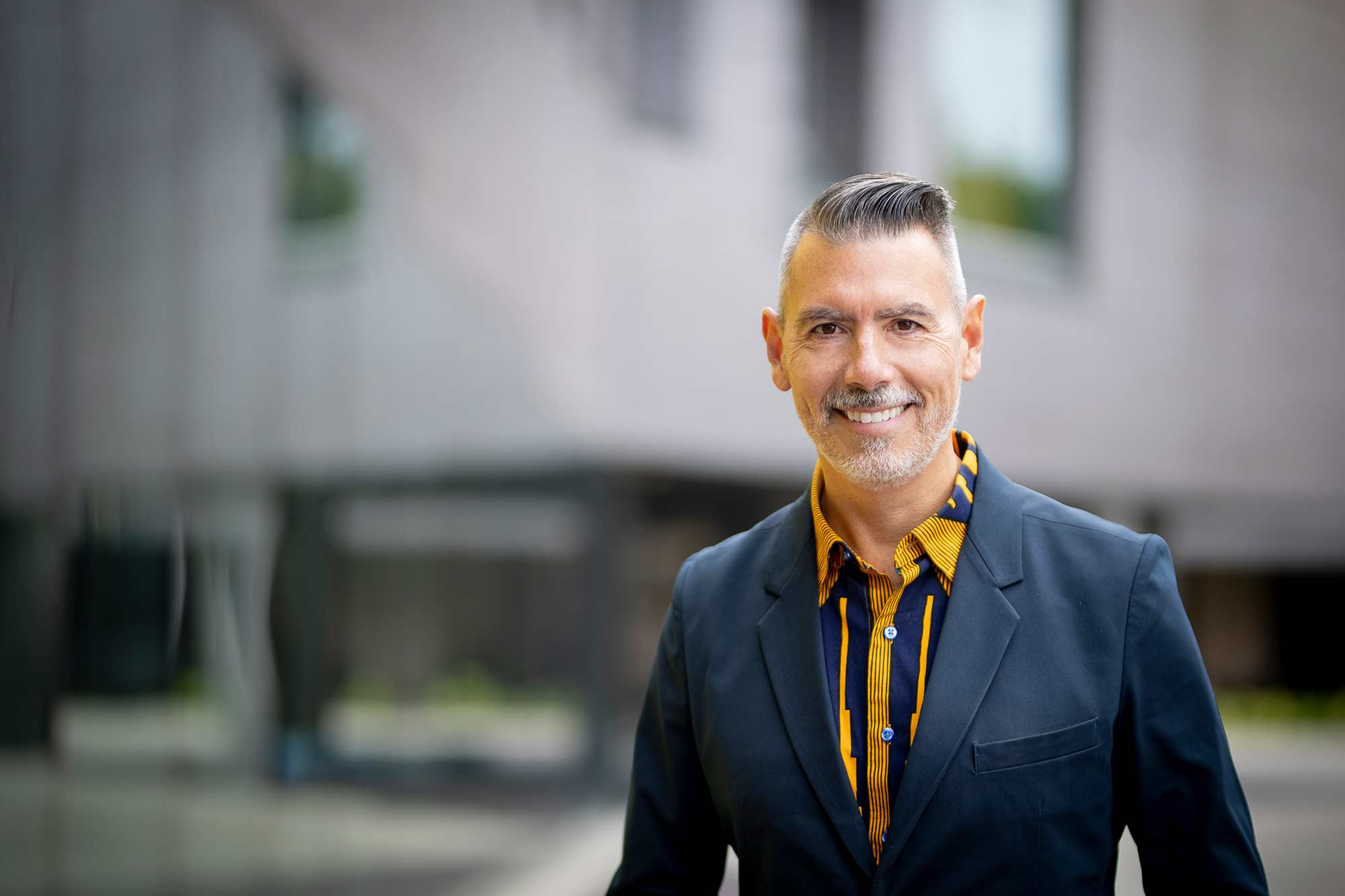
Architect and historian Jonathan Massey is dean and a professor of architecture at the University of Michigan’s Taubman College of Architecture and Urban Planning. He is an accomplished scholar of modern architecture and a leading authority on architecture and planning education.
Before joining Taubman College in 2017, Massey was dean of architecture at California College of Arts in San Francisco. Prior to that, he served as the Laura J. and L. Douglas Meredith Professor for Teaching Excellence at Syracuse University and chaired the Bachelor of Architecture program and the University Senate. In addition, he co-founded the Aggregate Architectural History Collaborative, which transforms the ways that history and practice of architecture and urbanism are understood and taught.
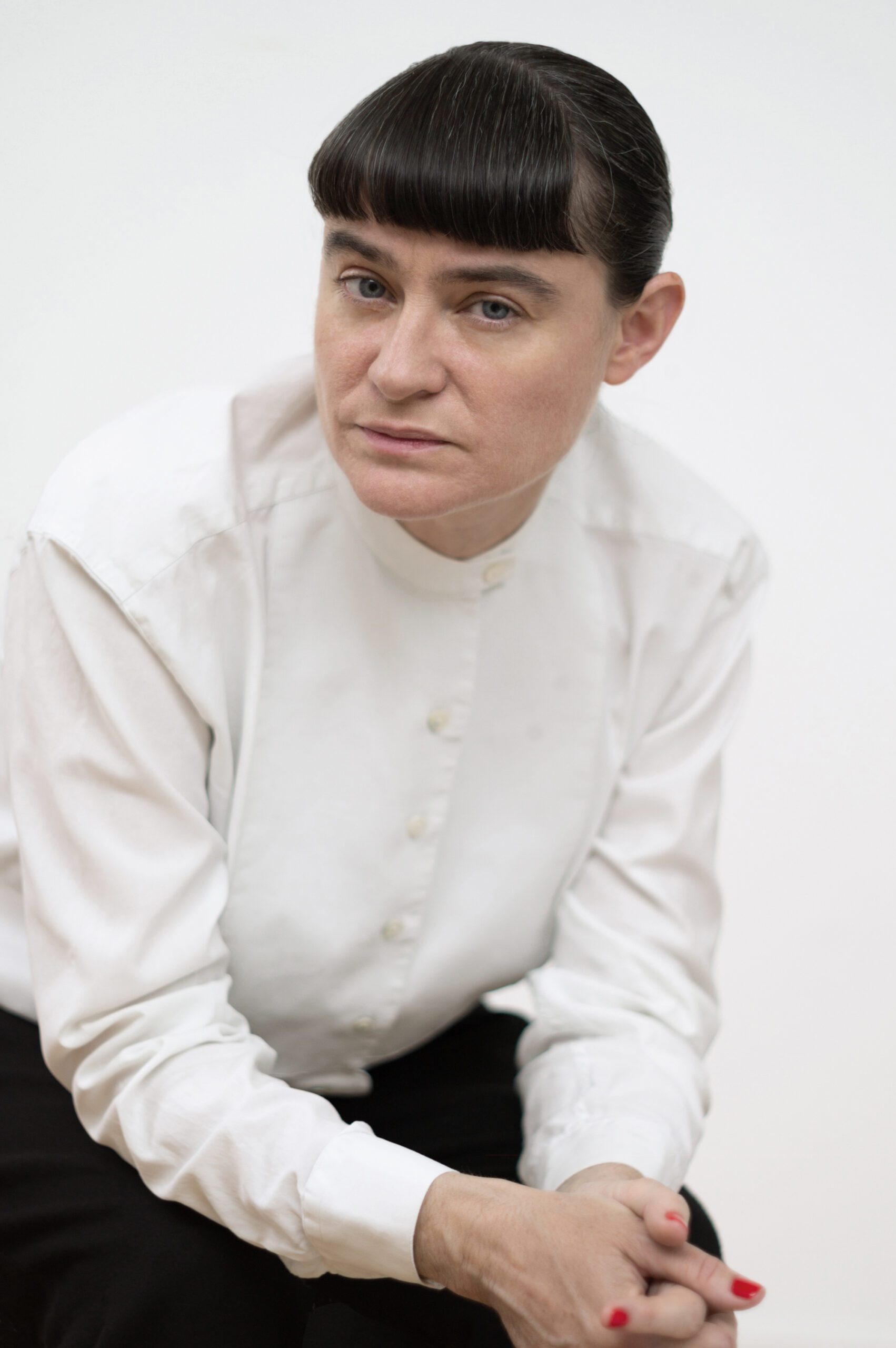
Charlotte Malterre-Barthes is an architect, urban designer, and an ssistant professor at the Swiss Federal Institute of Technology Lausanne, where she leads RIOT, a research laboratory set on driving systemic change across architecture and the construction industry. Her interests are related to urgent aspects of contemporary urbanization, material extraction, climate emergency, and social justice. At the Harvard Graduate School of Design, she started “A Global Moratorium on New Construction,” interrogating current development protocols (Sternberg/MIT Press, 2024). She has a Ph.D. from ETH Zurich on the political economy of commodities in the built environment. A founding member of the Parity Group and the Parity Front, she is the co-author of publications and prize-winning books including “On Architecture and Greenwashing” (Hantje Katz, 2024) and “Migrant Marseille: Architectures of Social Segregation and Urban Inclusivity “(Ruby Press, 2020). She co-curated the 12th International Architecture Biennale of São Paulo (2019) and exhibited works at MOMA, the Storefront for Art and Architecture, and others.
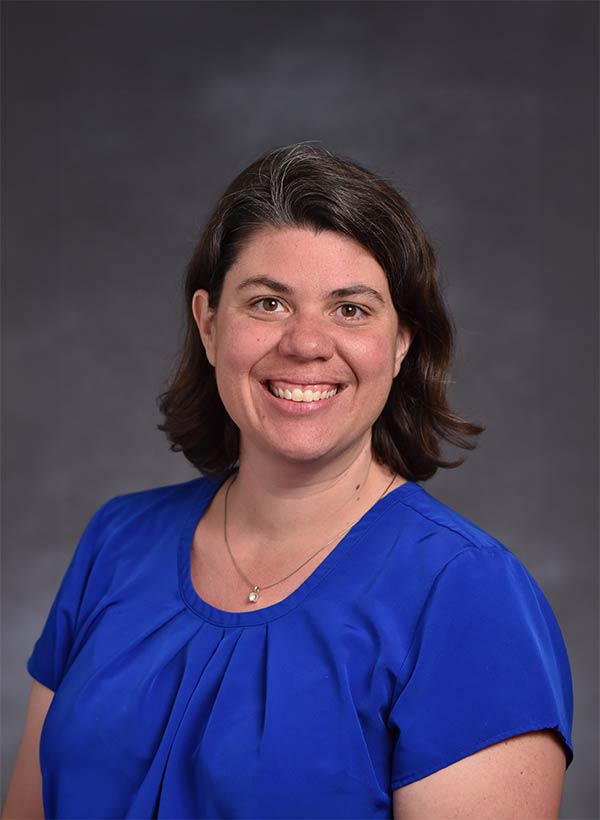
Sarah Mills is an associate professor of practice as well as the director of the Center for EmPowering Communities at UM’s Graham Sustainability Institute. She conducts research at the intersection of energy policy and land use planning–especially in rural communities. Her current work focuses on how renewable energy development impacts rural communities (positively and negatively), the disparate reactions of rural landowners to wind and solar projects, and how state and local policies facilitate or hinder renewable energy deployment. Sarah is currently working on DOE-funded research projects understanding the adoption of solar zoning ordinances, the economic impacts of solar on agricultural communities, and conducting a nationwide survey of solar farm neighbors. Through a grant from Michigan’s State Energy Office, she also helps communities in incorporating clean energy in their planning and zoning.
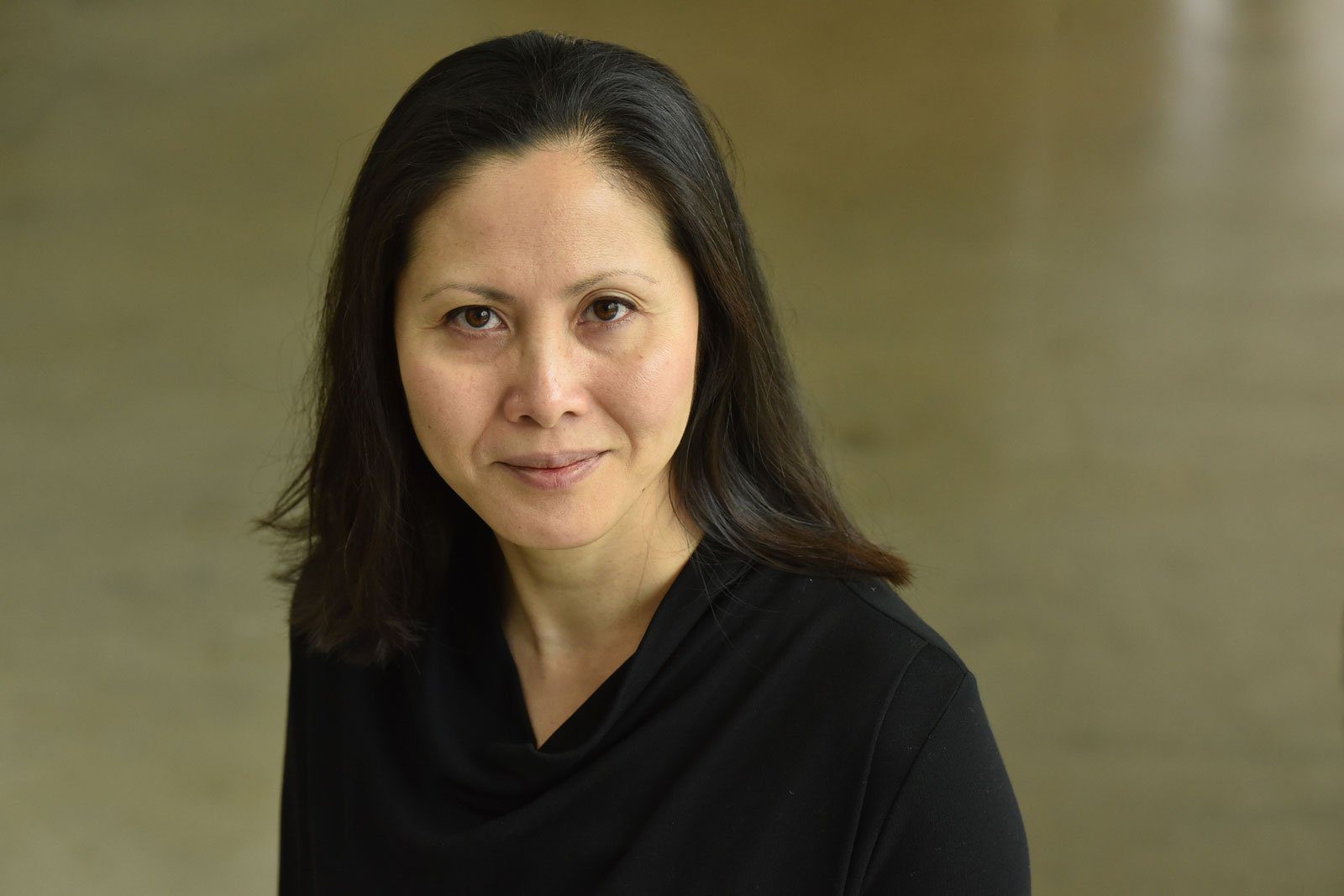
Tsz Yan Ng is the principal of an independent architecture and art practice with built works in the United States and China. She also is an associate professor of architecture at the University of Michigan’s Taubman College of Architecture and Urban Planning. She previously was the Walter B. Sanders Fellow at Taubman College from 2007 to 2008. Her practice, collaborative in nature and interdisciplinary in scope, ranges in scale from textile manufacturing facilities to commercial retail interiors or installations. Common to both practices are projects that deal with questions of labor in various facets and forms—underscoring broader issues of industrial manufacturing, human crafting, technology, and aesthetics. Her material-based research and design primarily focus on textile manipulation and experimental concrete forming, incorporating contemporary technologies to develop novel designs and innovative ways for building and manufacturing.
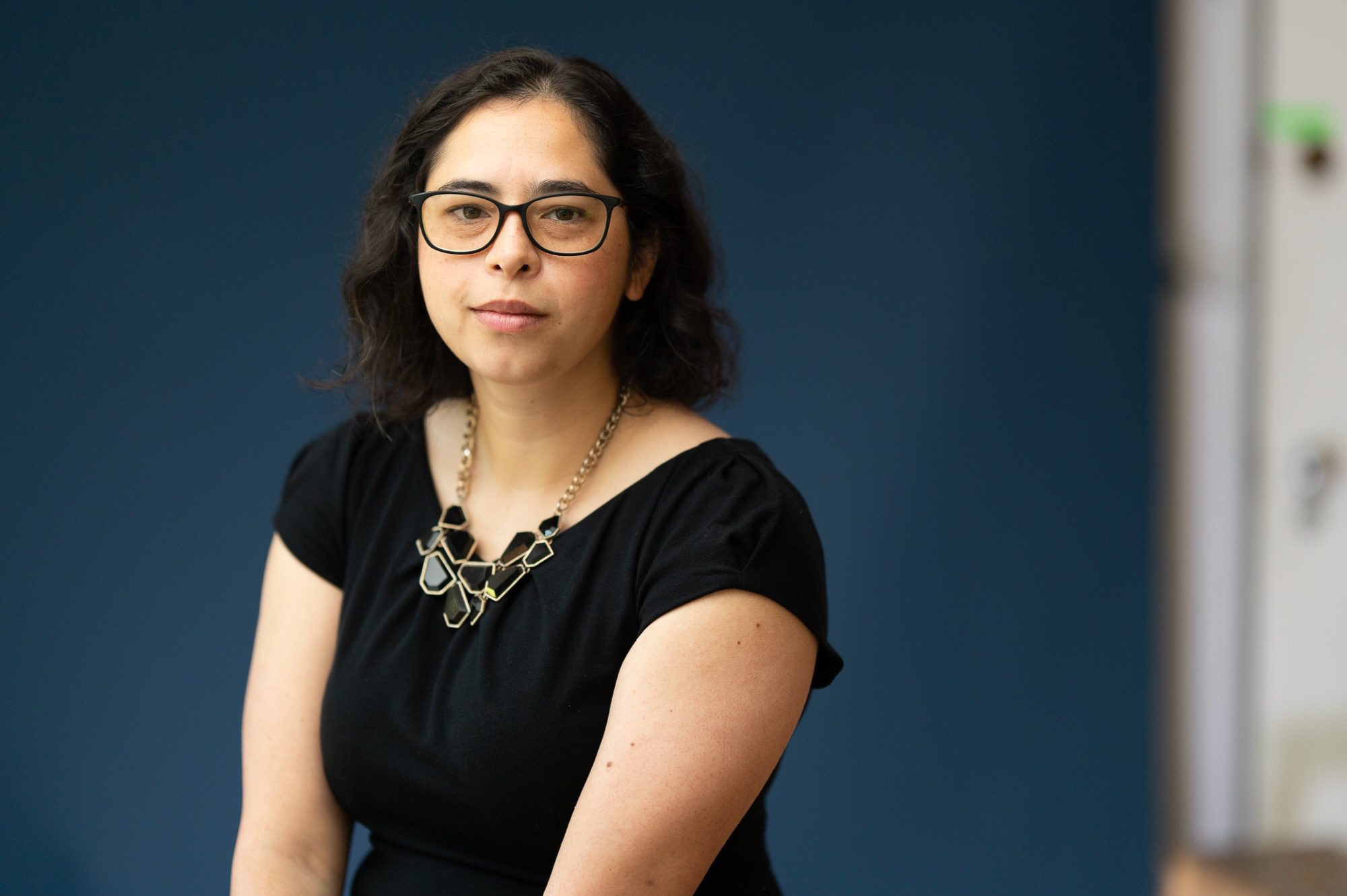
Danielle Zoe Rivera is an assistant professor of landscape architecture and environmental planning at the University of California, Berkeley. Rivera’s research examines policy and design for environmental and climate justice. Her work uses community-based research methods to address the impacts of climate-induced disasters affecting low-income communities throughout California, South Texas, the Chesapeake Bay, and Puerto Rico. Rivera holds a Ph.D. in urban planning from the University of Michigan, a Master of Architecture from the University of Pennsylvania, and a Bachelor of Architecture from Pennsylvania State University.
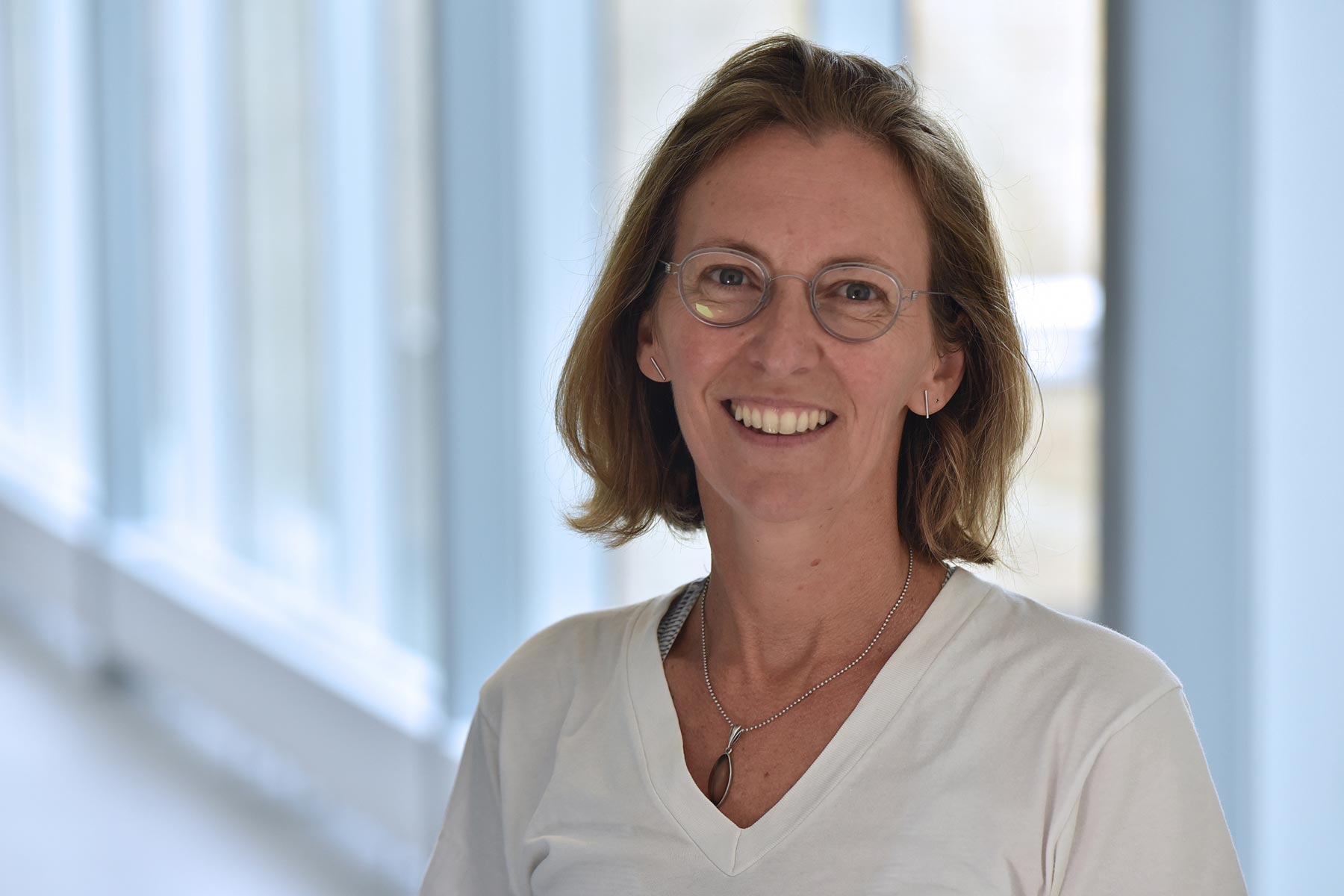
Mireille Roddier is an associate professor of Architecture and teaches in both the design and history/theory curriculum. She also holds a joint appointment with Women’s Studies. Her current research intersects building and social metabolisms, economic theories of degrowth, and ecofeminist discourses on care, to study the potential of vernacular practices and forms to regulate energy consumption towards both climate change mitigation and social well-being. The work of her collaborative design practice, Mitnick-Roddier, has received numerous awards, including the Architecture League Prize, Architectural Record’s 2005 Design Vanguard, and a 2021-22 fellowship at the American Academy in Rome, where her fascination for spolia and starling murmurations converged into the study of material flows.
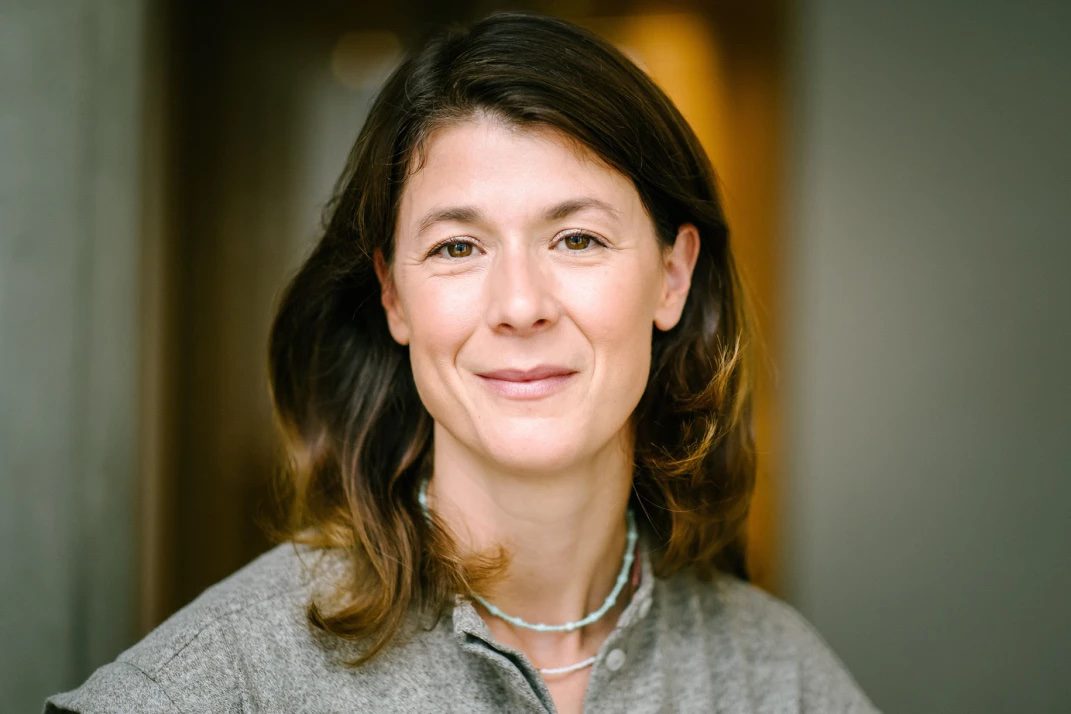
Jane Scott leads the Living Textiles Research Group in the Hub for Biotechnology in the Built Environment at Newcastle University. Her interdisciplinary research is located at the interface of programmable materials, knitted fabric design, architecture, and biology. Her research positions textiles as a critical biofabrication strategy in the transition to sustainable and circular construction. Her group enables interdisciplinary research collaborations with experts from design, science, and industry, leading to innovation across scales and applications. Her work has been exhibited internationally including recently in the Design Museum, London, The Farrell Centre, Newcastle, and the Saint Etienne Design Biennale.
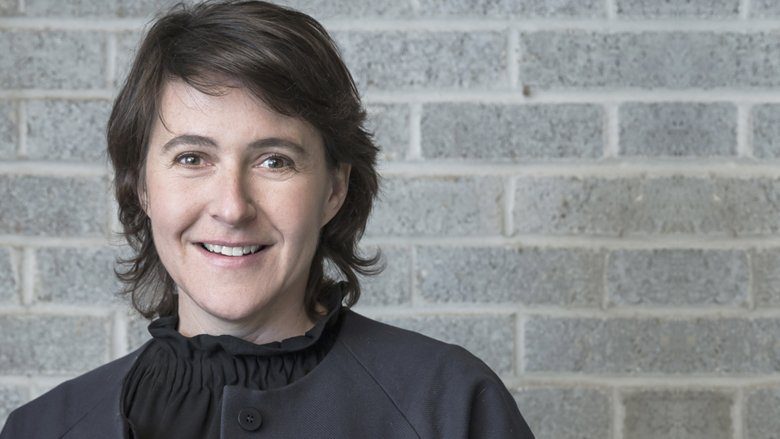
Anya Sirota is an architectural designer, Associate Professor, Associate Dean of Academic Initiatives at Taubman College of Architecture and Urban Planning and founding principal of Akoaki. Her work, situated at the intersection of architecture and urban design, explores how a distinct synthesis of aesthetics, social enterprise, and cultural programming can offer contemporary and multi-disciplinary strategies for urban transformation. Her ongoing research and design efforts have received international recognition with recent projects featured at the Vitra Design Museum, the Brussels Design Museum, the Centro Pecci Prato, the Saint Etienne Design Biennale, and the Chicago Cultural Center. She is the recipient of the Architectural League Prize (2018), the ACSA Faculty Design Award (2016), the SXSW Eco Place by Design Award (2015), and the R+D Award from Architect Magazine (2013), and other honors. Sirota regularly contributes to international lectures, panels, workshops, and expositions addressing socially driven architectural practice and its impact on cities.
Sirota earned her Master in Architecture from Harvard’s Graduate School of Design, where she was awarded the Araldo Cossutta Prize for Design Excellence. She received a Bachelor of Arts degree in Modern Culture and Media from Brown University.

Julia Steinberger researches ecological economics at the University of Lausanne in Switzerland. After obtaining a Ph.D. in experimental physics, Steinberger moved to the interdisciplinary areas of industrial ecology and ecological economics, first as a postdoc at the universities of Lausanne and Zurich, then in Vienna at the Institute of Social Ecology, and subsequently as a professor at the University of Leeds in the UK. Her research examines the connections between resource use (energy and materials, greenhouse gas emissions) and societal performance (economic activity and human well-being). From 2017 to 2022, she was the recipient of a Leverhulme Research Leadership Award for her research project “Living Well Within Limits,” investigating how universal human well-being might be achieved within planetary boundaries. Since 2023, she has co-led the EU ERC Synergy grant “REAL- A Post-Growth Deal” on post-growth societies. She is lead author for the IPCC’s 6th Assessment Report with Working Group 3.
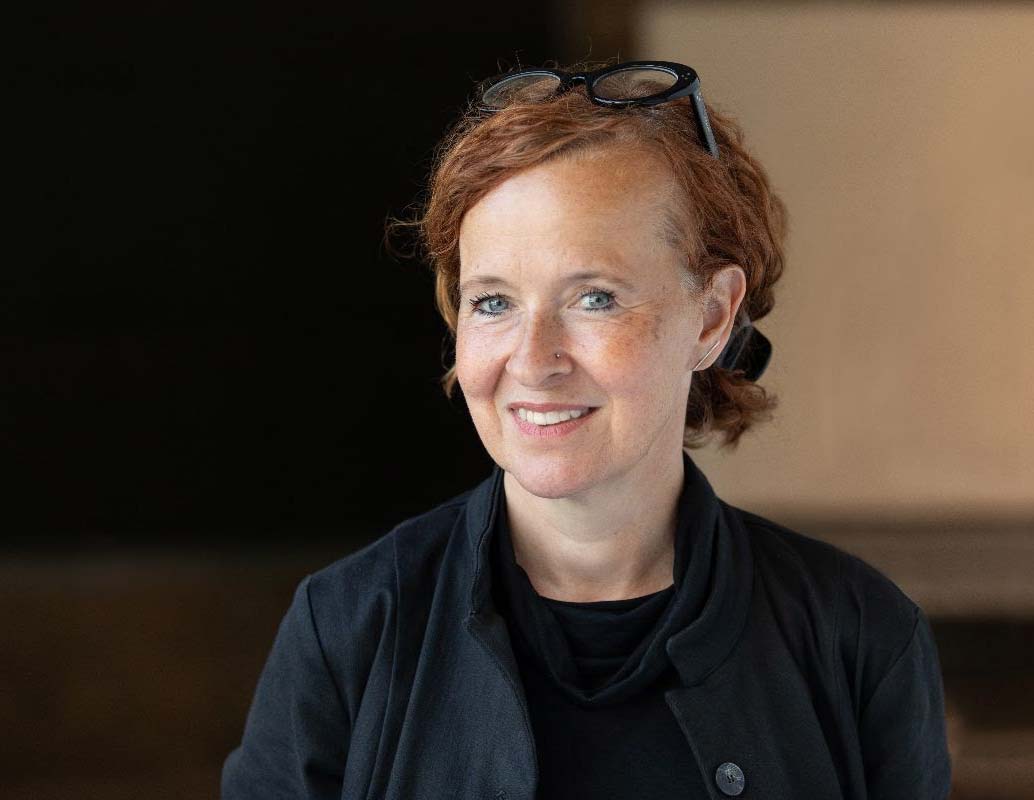
Antje Steinmuller is chair of architecture and professor at the University of Michigan’s Taubman College of Architecture and Urban Planning. She is an architectural designer and urbanist recognized for her research on alternative – and more collective – forms of housing.
Prior to joining Taubman College in 2024, Steinmuller was the chair of undergraduate architecture at California College of the Arts (CCA) in San Francisco where she co-directed the Urban Works Agency, CCA’s urbanism research lab. She is also a co-founder of ideal X, a collaborative practice focused on the intersections between public/urban space activation, urban research, public art design, art, and architecture.
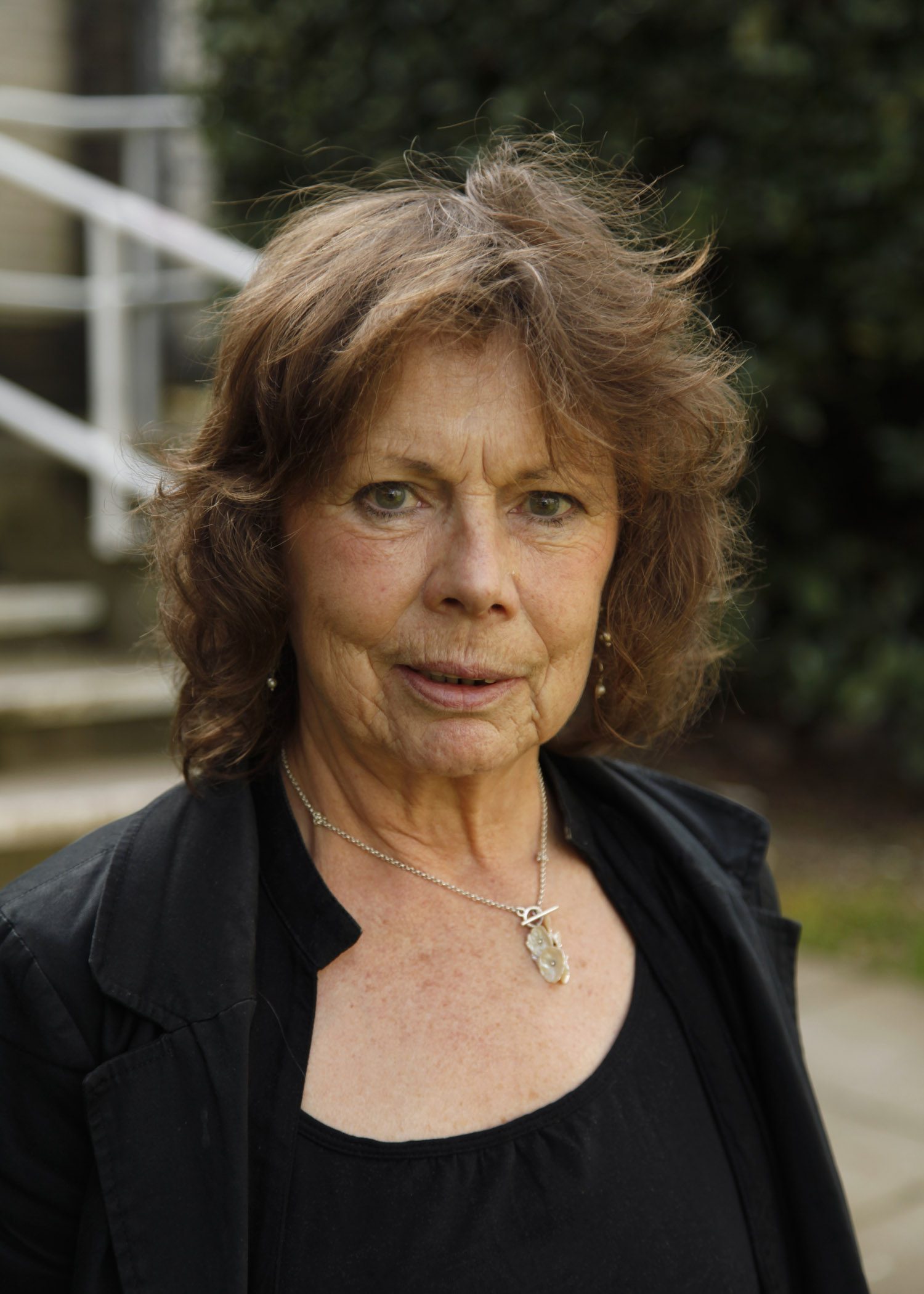
Kate Soper is emeritus professor of philosophy and a former researcher with the Institute for the Study of European Transformations at London Metropolitan University. She has written extensively on theories of need and consumption, the conceptualization and aesthetics of nature, and feminist issues. She was an editor with Radical Philosophy and New Left Review, and a columnist for the US journal Capitalism, Nature, Socialism. Her books include: On Human Needs: open and closed theories in a Marxist Perspective; Humanism and Anti-Humanism; Troubled Pleasures: Writings on Politics, Gender and Hedonism; What is Nature? Culture, Politics and the Non-Human; Citizenship and Consumption (co-edited); The Politics and Pleasures of Consuming Differently (co-edited). She has been involved in a number of research projects on climate change and sustainable consumption, most recently as a visiting fellow at the Pufendorf Institute, Lund University, Sweden. Her most recent book is Post-Growth Living: for an Alternative Hedonism, London: Verso, 2020.

Brian Swett is the City of Boston’s first Chief Climate Officer. In addition to overseeing the Environment, Energy, and Open Space Cabinet (EEOS), he’s charged with spearheading the mayor’s agenda on climate action while advancing Boston’s commitment to sustainability, resilience, and environmental justice. He is a nationally recognized leader in climate change and sustainability strategy with over two decades of leadership experience in municipal government, private sector real estate development, federal government, and nonprofit sectors. Previously he served as a principal at Arup, a global engineering, design and consulting firm focused on sustainable development. From 2012 to 2015, he was chief of the Boston EEOS, leading a variety of major policy and program initiatives including developing and passing a rental inspection ordinance and Boston’s energy benchmarking ordinance, BERDO. Under his leadership, Boston was recognized by the American Council for an Energy-Efficient Economy (ACEEE) as the #1 city in the country for energy efficiency policies and programs in their 2013 and 2015 biennial rankings.

Andreas Theodoridis is a practitioner-researcher, designer, and educator who works at the intersection of architecture, engineering, and environmental technology. He holds a Ph.D. in advanced building systems from CASE (Center for Architecture Science and Ecology) and an MSc in sustainable environmental systems from Pratt Institute. He is focused on developing hybrid phytoremediative modular ceramic systems to mitigate air pollution in building envelopes. His work aims to address environmental inequalities and ensure equitable access to clean air for everyone. He collaborates with institutions such as Yale CEA and the Center of Mediterranean Architecture, advancing these initiatives through his design and research practice, United Atmospheres. He has been recognized with numerous awards and distinctions, including the Humanities Graduate Fellowship at RPI, an Honorable Mention at the Architect’s Newspaper Design Awards, and the One Prize annual Design and Science award.

Joel Towers became The New School’s president in August 2024. His deep experience at The New School includes a decade as executive dean of Parsons School of Design. In that role and others at the university, he has worked to advance education, research, and practice integrating bold design, policy, and collaborative approaches to climate resilience. He is University Professor of Architecture and Sustainable Design. In 2019, he was appointed by Mayor de Blasio to co-chair the New York City Panel on Climate Change. Towers began his career as an architect focused on environmental thinking and healthier buildings. He co-founded Sislian Rothstein and Towers Architects (SR+T), a firm that completed award-winning projects and was a testing ground for the integration of research, scholarship, and creative practice. He received a B.S. in Architecture from the University of Michigan and a Master of Architecture from Columbia University.

Neyran Turan is an associate professor at the University of California, Berkeley and a partner at NEMESTUDIO, an architectural office that won the 2024 Architectural Record’s Design Vanguard and the 2016 Architectural League New York Prize for Young Architects, among other awards. NEMESTUDIO’s work, ranging from installations to buildings and landscapes, has been widely published and exhibited internationally at the Venice Architecture Biennale, Seoul Biennale of Architecture and Urbanism, La Casa Encendida in Madrid, and other venues. Turan’s work focuses on alternative forms of planetary imagination within architecture and urbanism and their capacity to prompt new aesthetic and political trajectories for the design disciplines. Turan is the founding chief editor of the Harvard University Graduate School of Design journal New Geographies. Turan’s book, Architecture as Measure, which has been awarded by the Graham Foundation, was released by ACTAR Publishers in 2020. Turan recently curated the Pavilion of Turkey at the prestigious 2021 Venice Architecture Biennale.
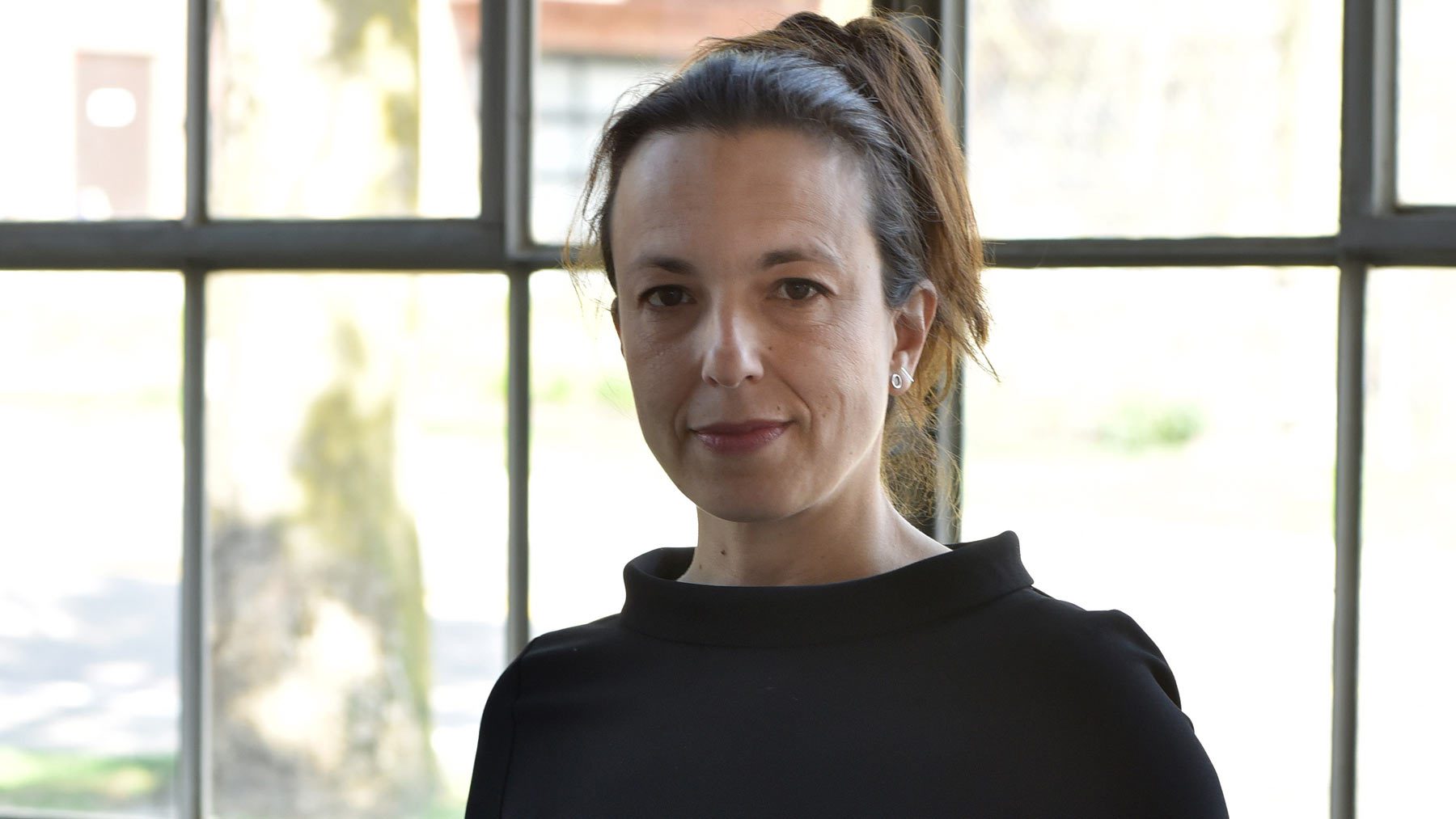
Kathy Velikov is Professor and Associate Dean for Research and Creative Practice at the University of Michigan Taubman College of Architecture and Urban Planning. She is a licensed Architect and founding partner of the research-based practice rvtr (www.rvtr.com), and the Vice President of ACADIA (Association for Computer Aided Design in Architecture). Her work investigates and experiments with the intertwinements across architecture, the environment, technology, and sociopolitics through design methods that mobilize systems-based approaches and computational design. Her work ranges from material prototypes that explore environment-aware behavioral building skin assemblies, to high-performance building design, to research on urbanism, infrastructure, and territorial practices explored through techniques of mapping and analysis, speculative design propositions, installations, and writing. Most recent work has focused on material ecologies and on social infrastructure and environmental justice in multiscalar urban design. Her academic research has been funded by U.S. Department of Energy’s National Renewable Energy Laboratory, National Science Foundation, U.S. Department of Transportation, U.S. Environmental Protection Agency, the National Research Council of Canada, the Social Sciences and Humanities Research Council of Canada, the Ontario Power Authority, Guardian Industries, and Ford Motor Company.

Shana Weber is the University of Michigan’s inaugural associate vice president for campus sustainability. Weber has cultivated organizational change via repeatable and scalable sustainability strategies in higher education for over 25 years, first as a faculty member and administrator at Santa Clara University in California, and most recently as Princeton University’s founding director of sustainability. Weber advances strategic actions across campus operational and academic systems toward realizing an ethos of sustainability in service to local and global communities. Her research interests include ecoregional analysis, the application of behavioral science to sustainability decision-making, and collaborative applied sustainability research within and across academic institutions. Weber earned a B.S. in soology from Ohio State University, and MSES and Ph.D. in Environmental Science from the Indiana University School of Public and Environmental Affairs.





